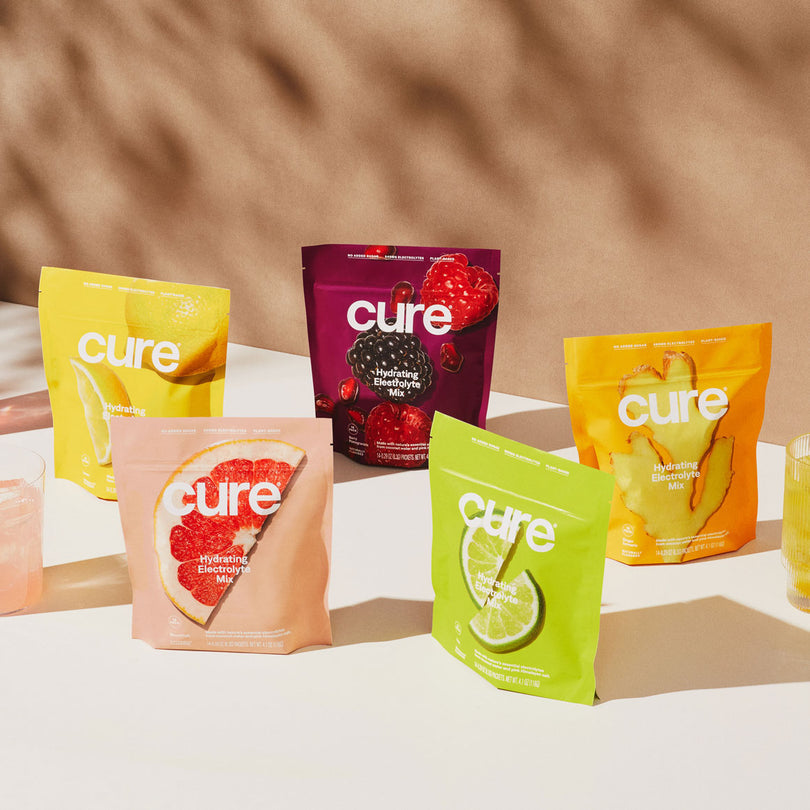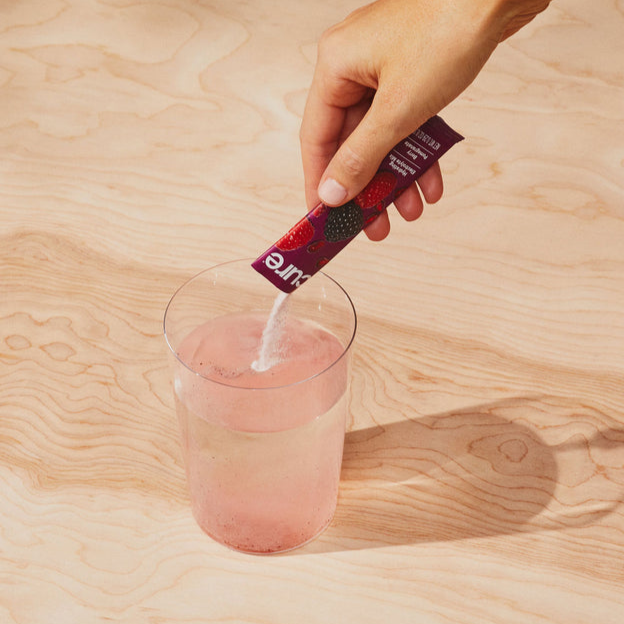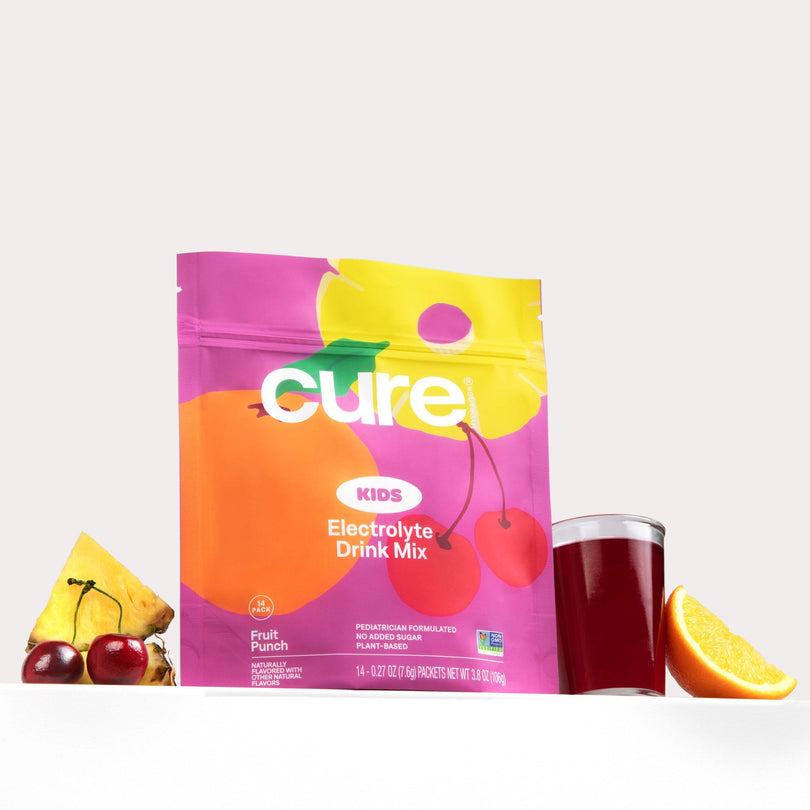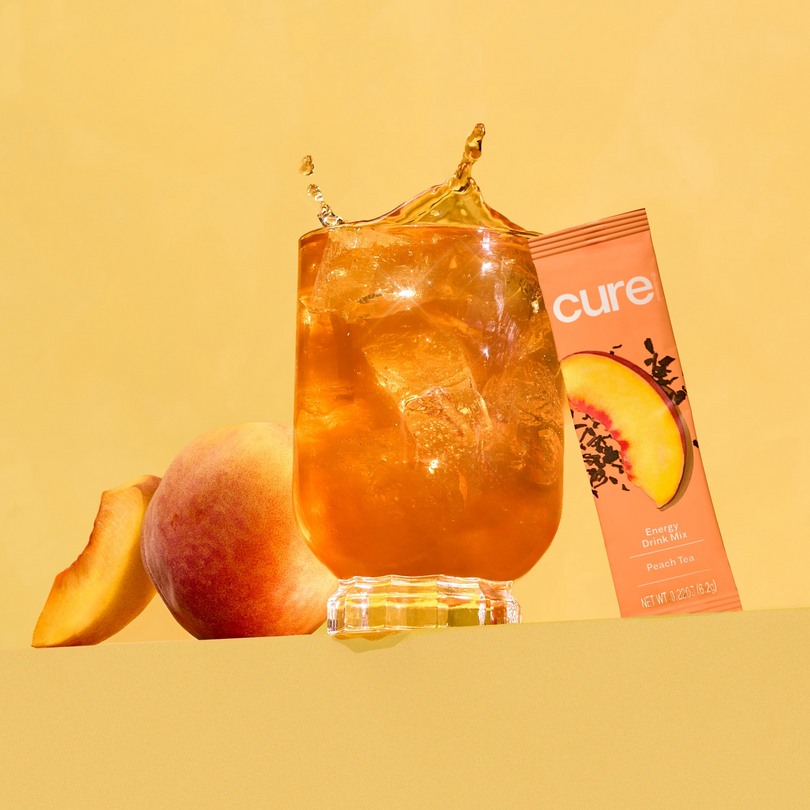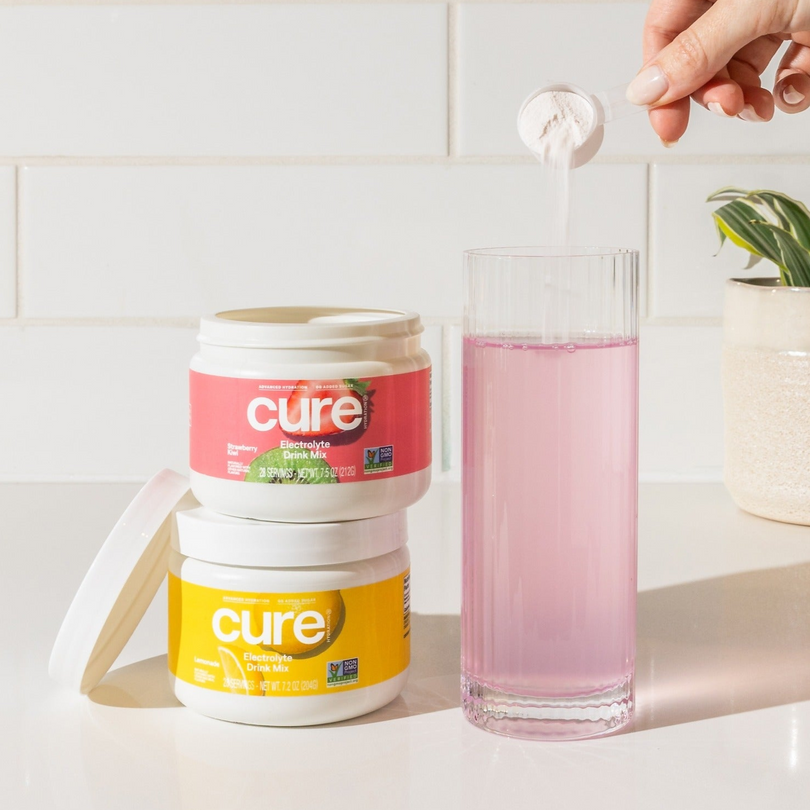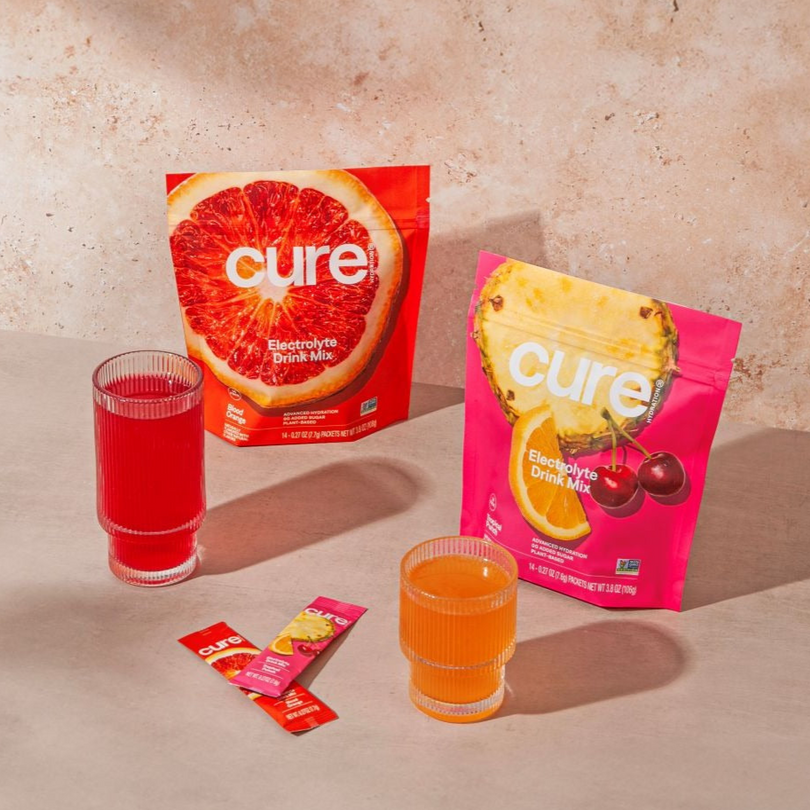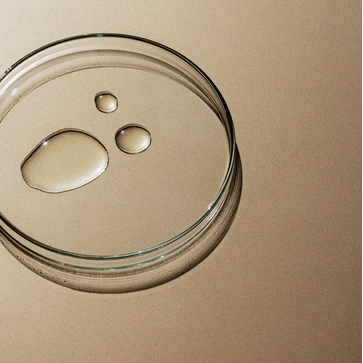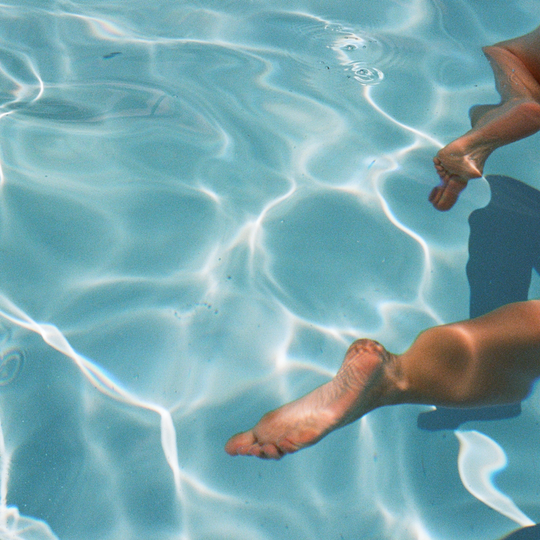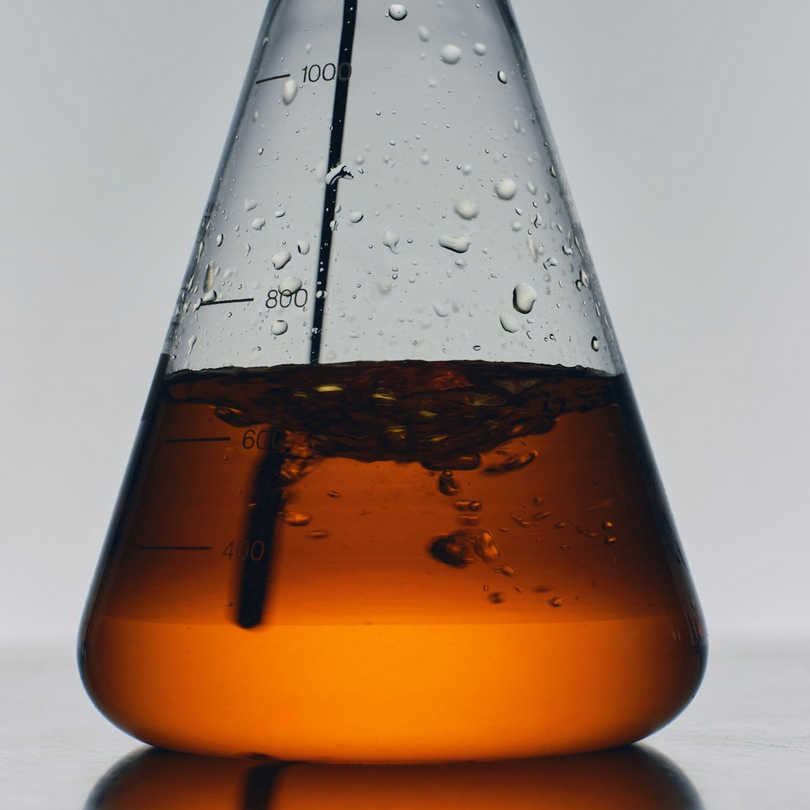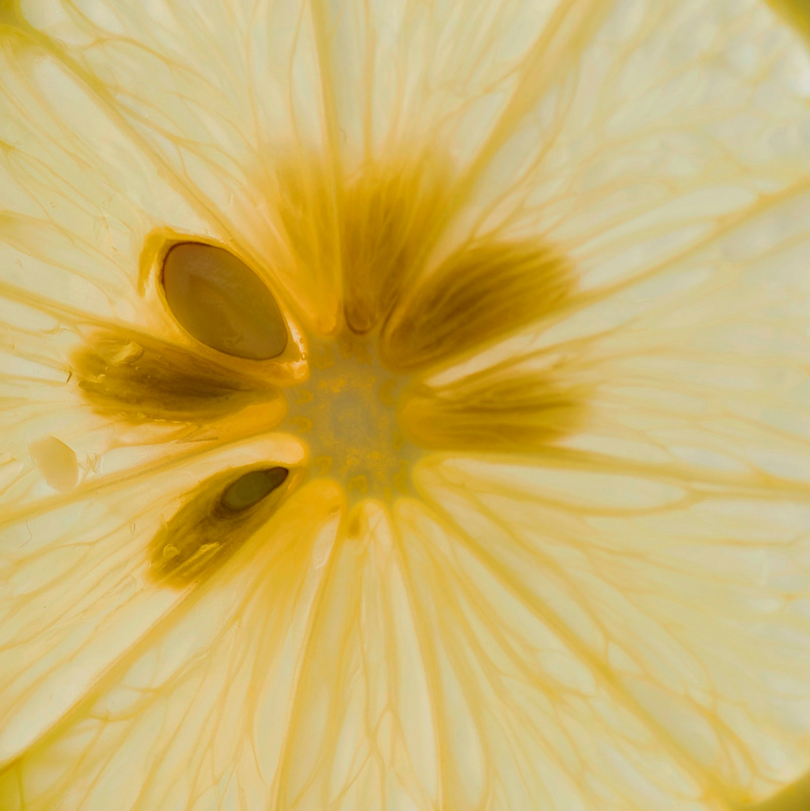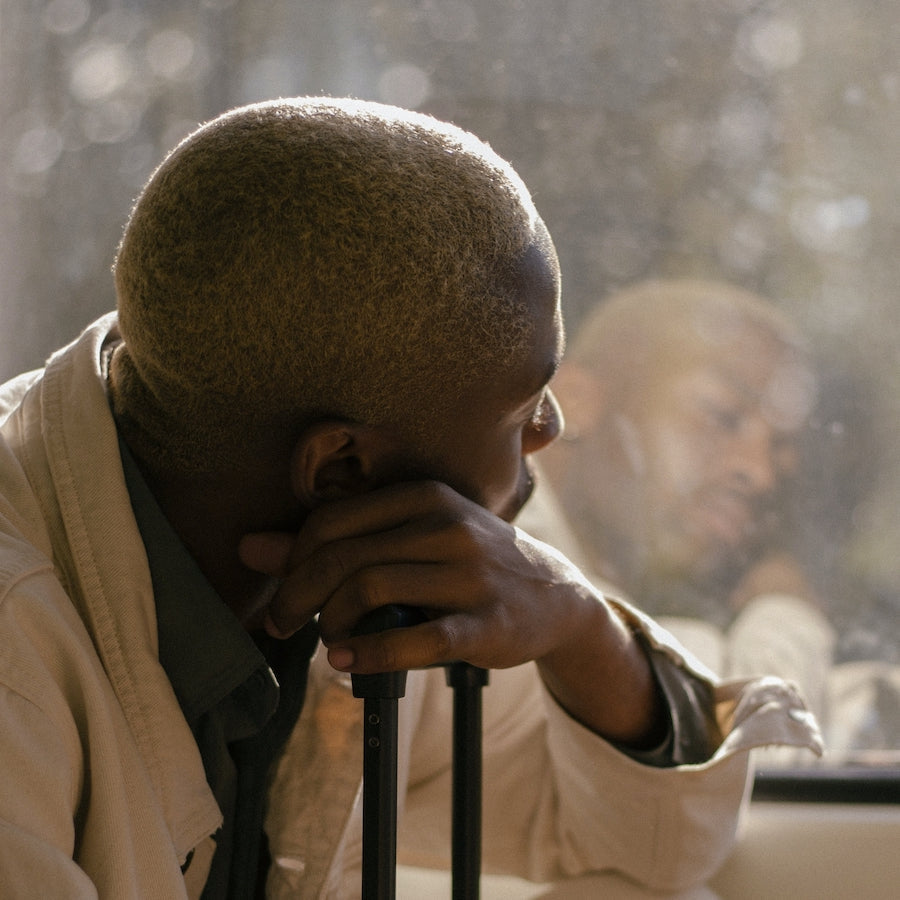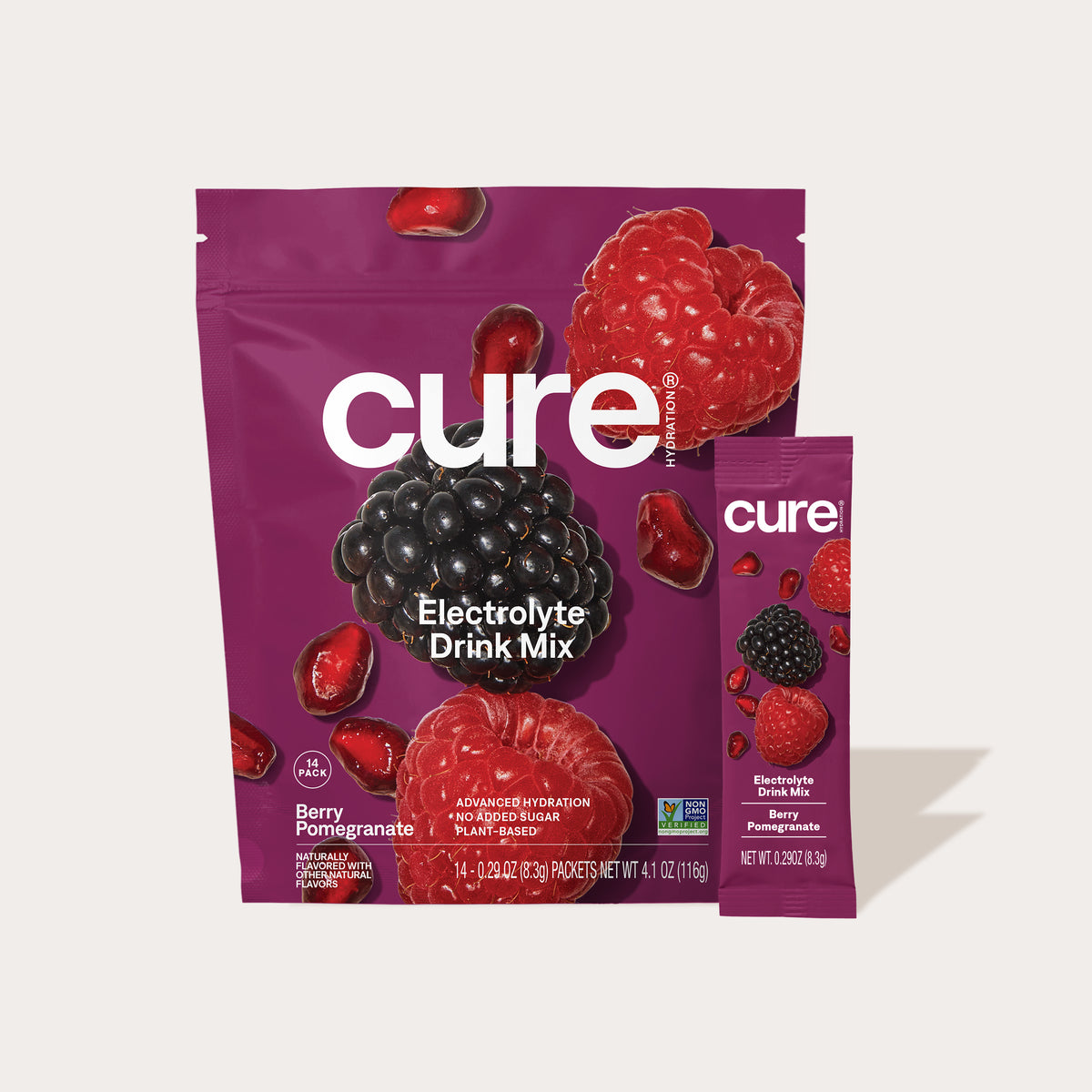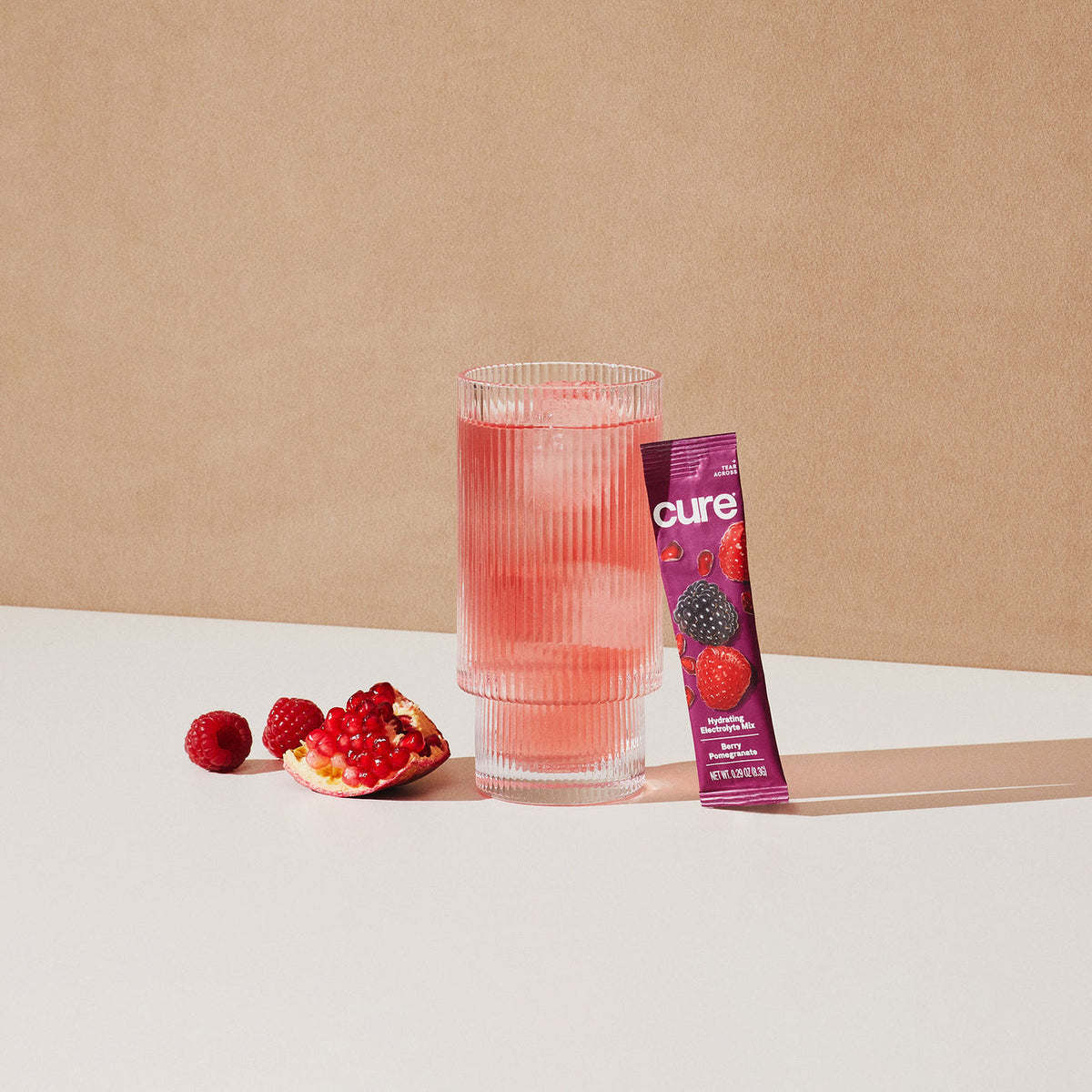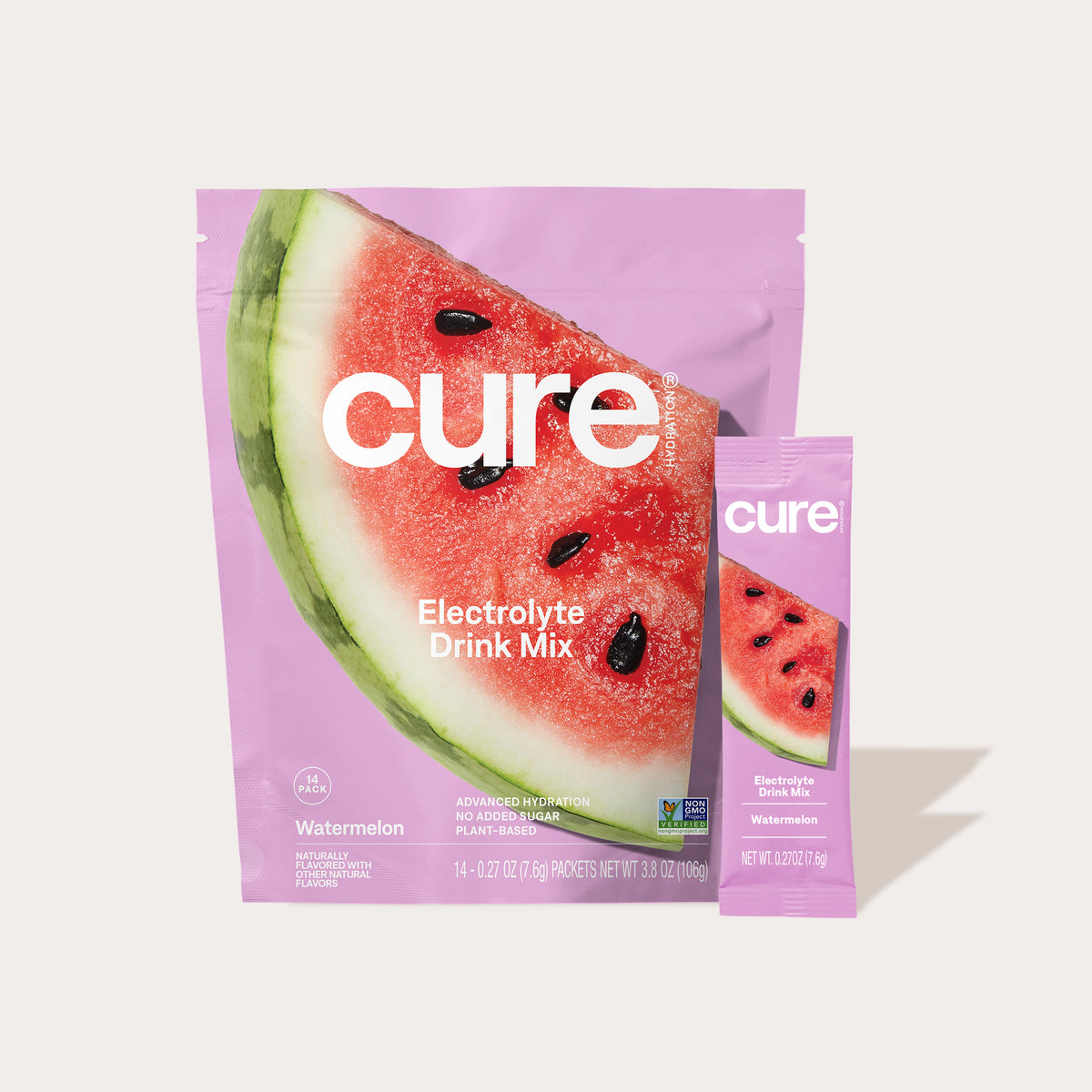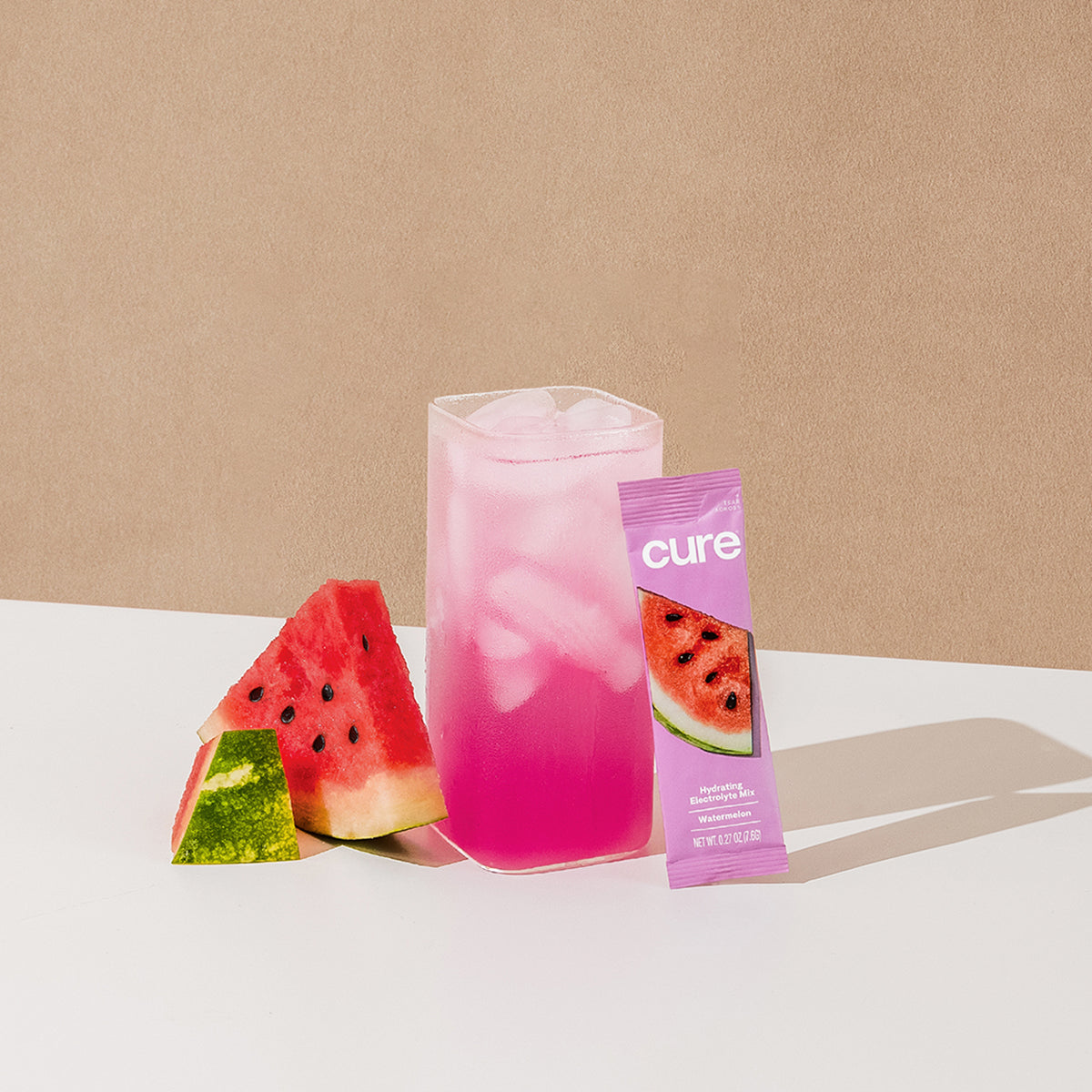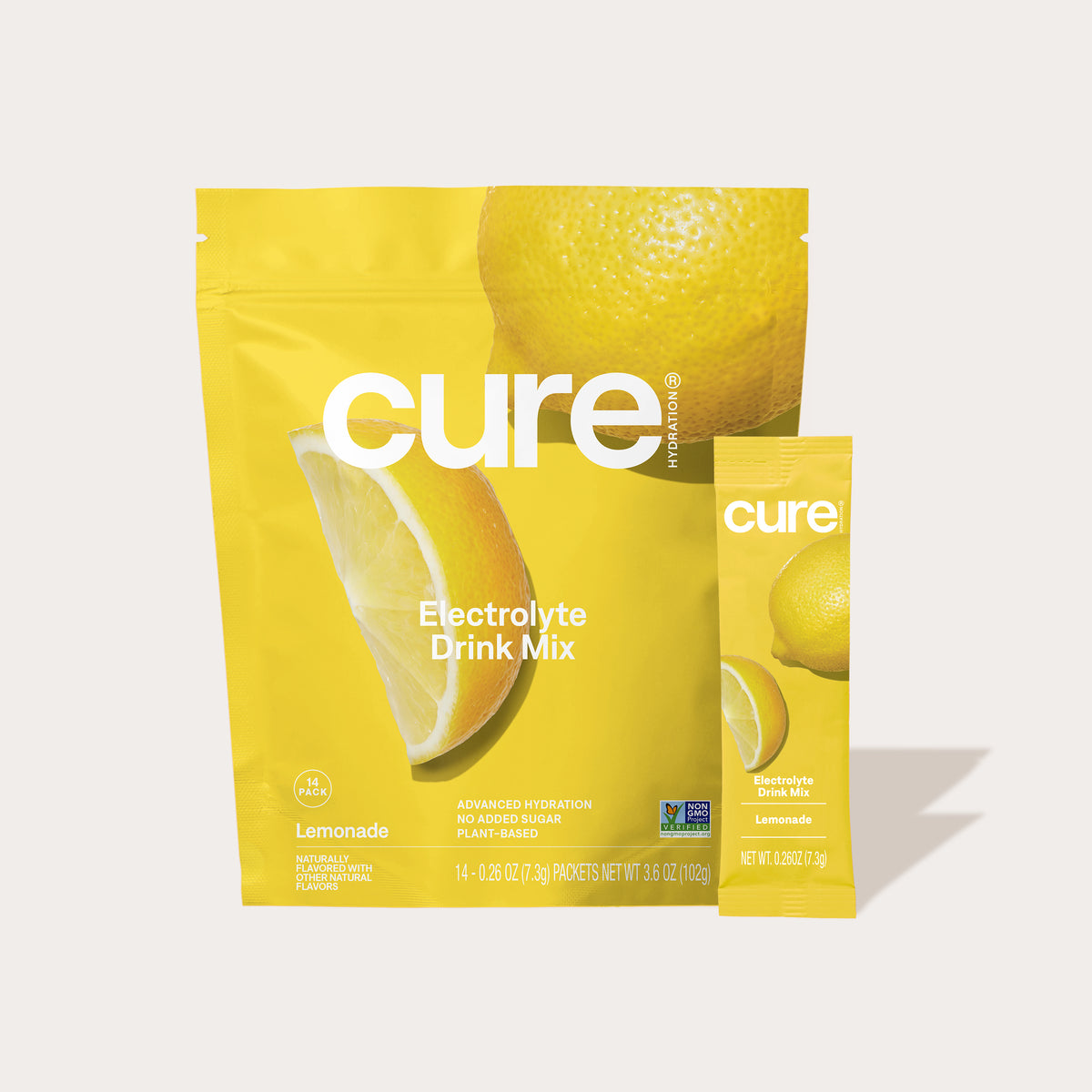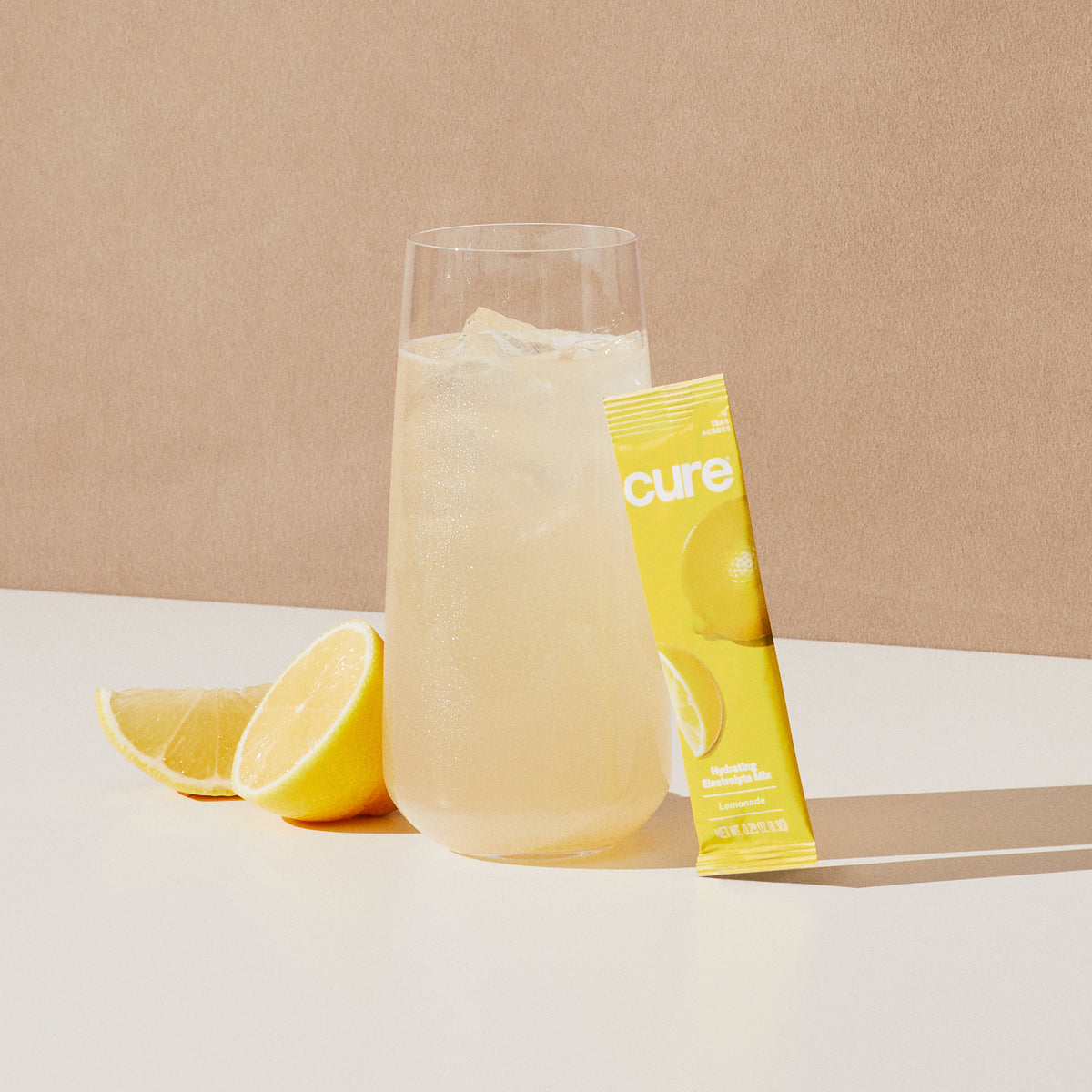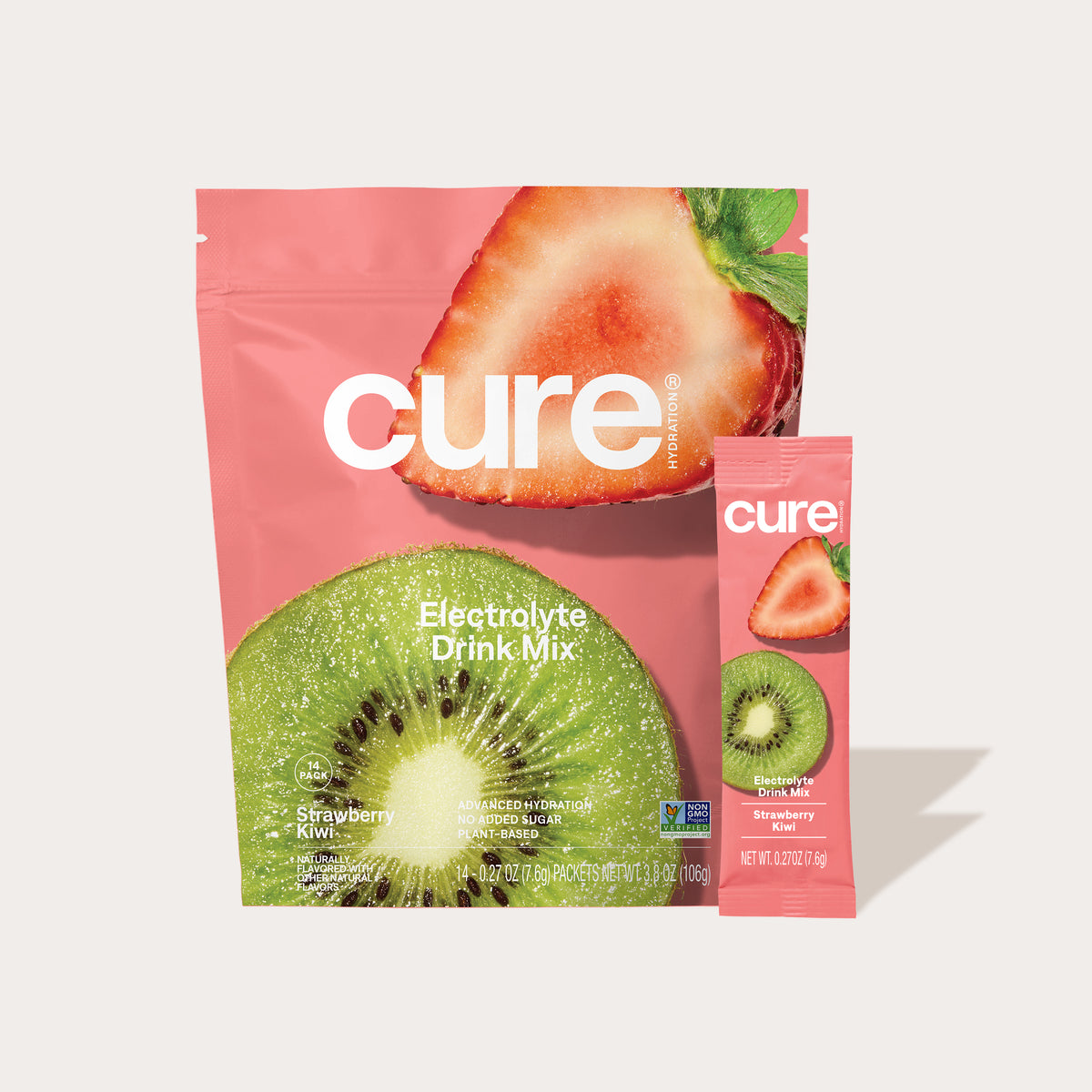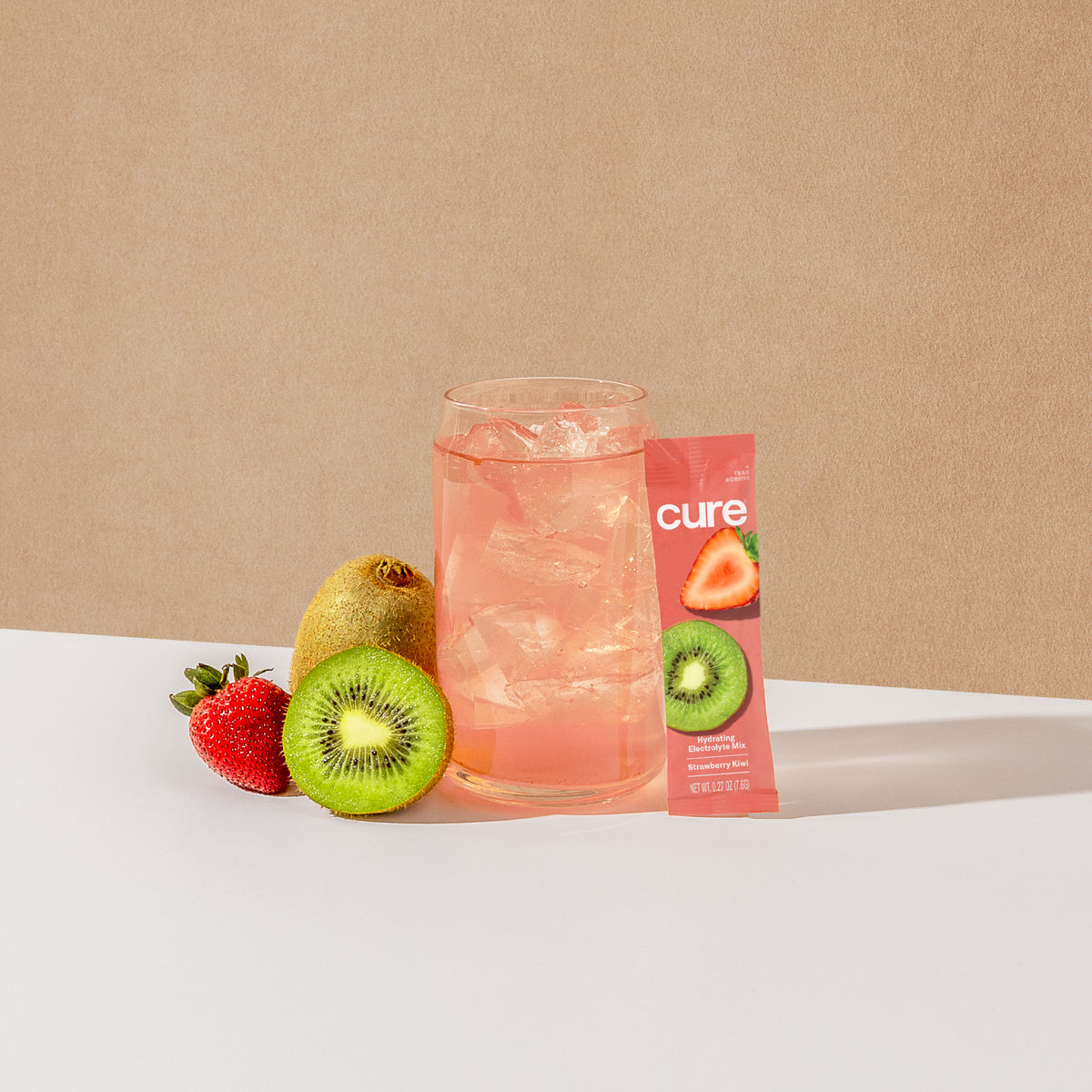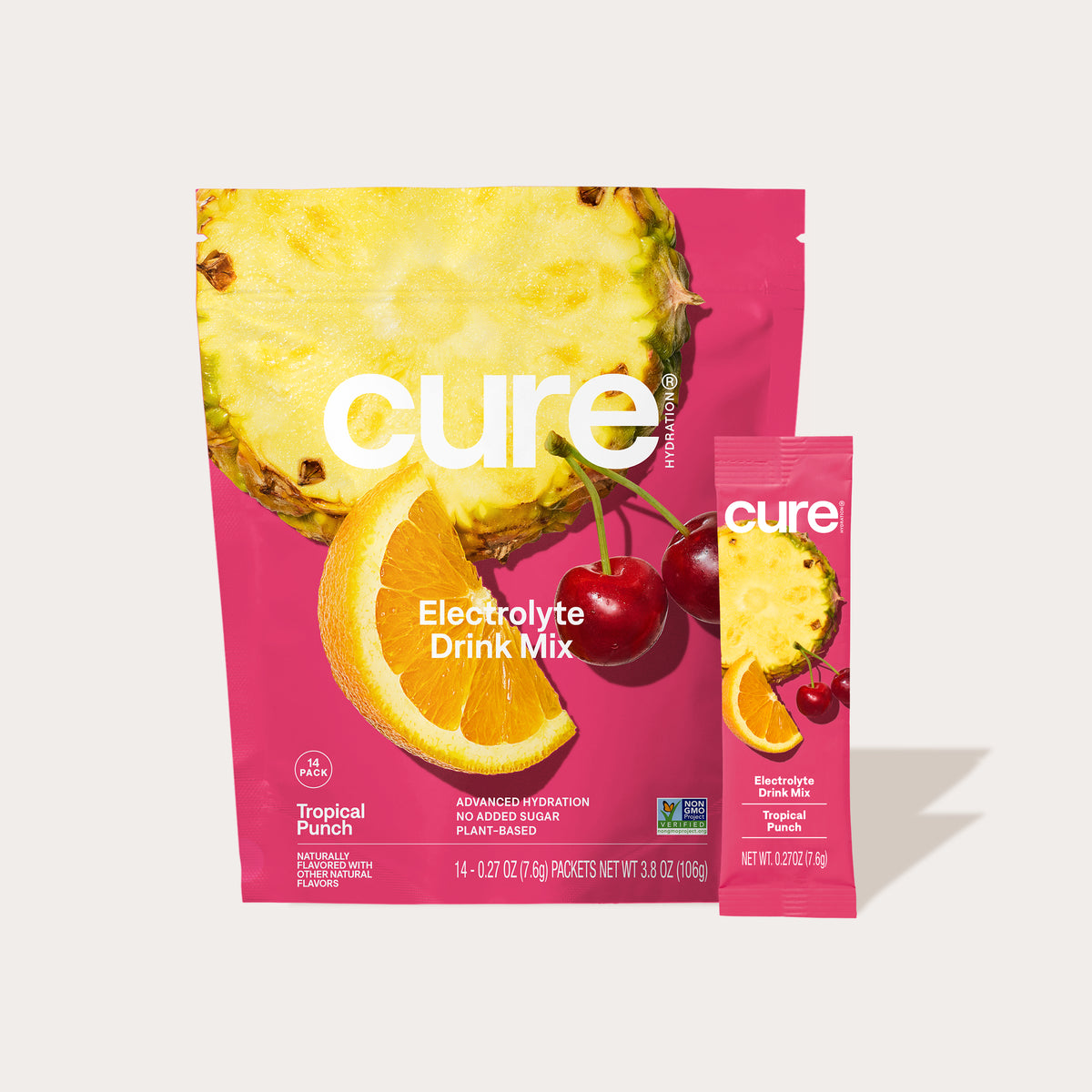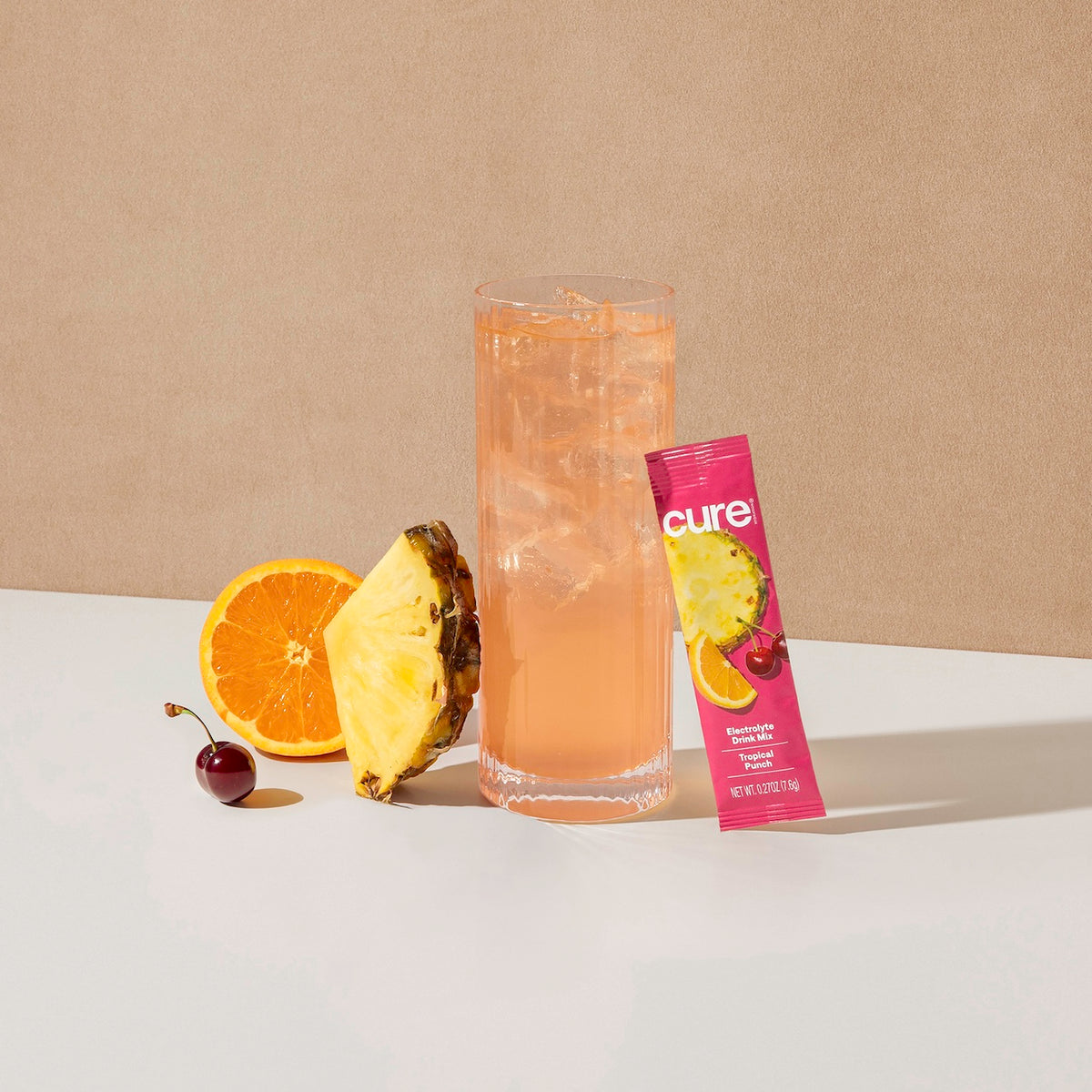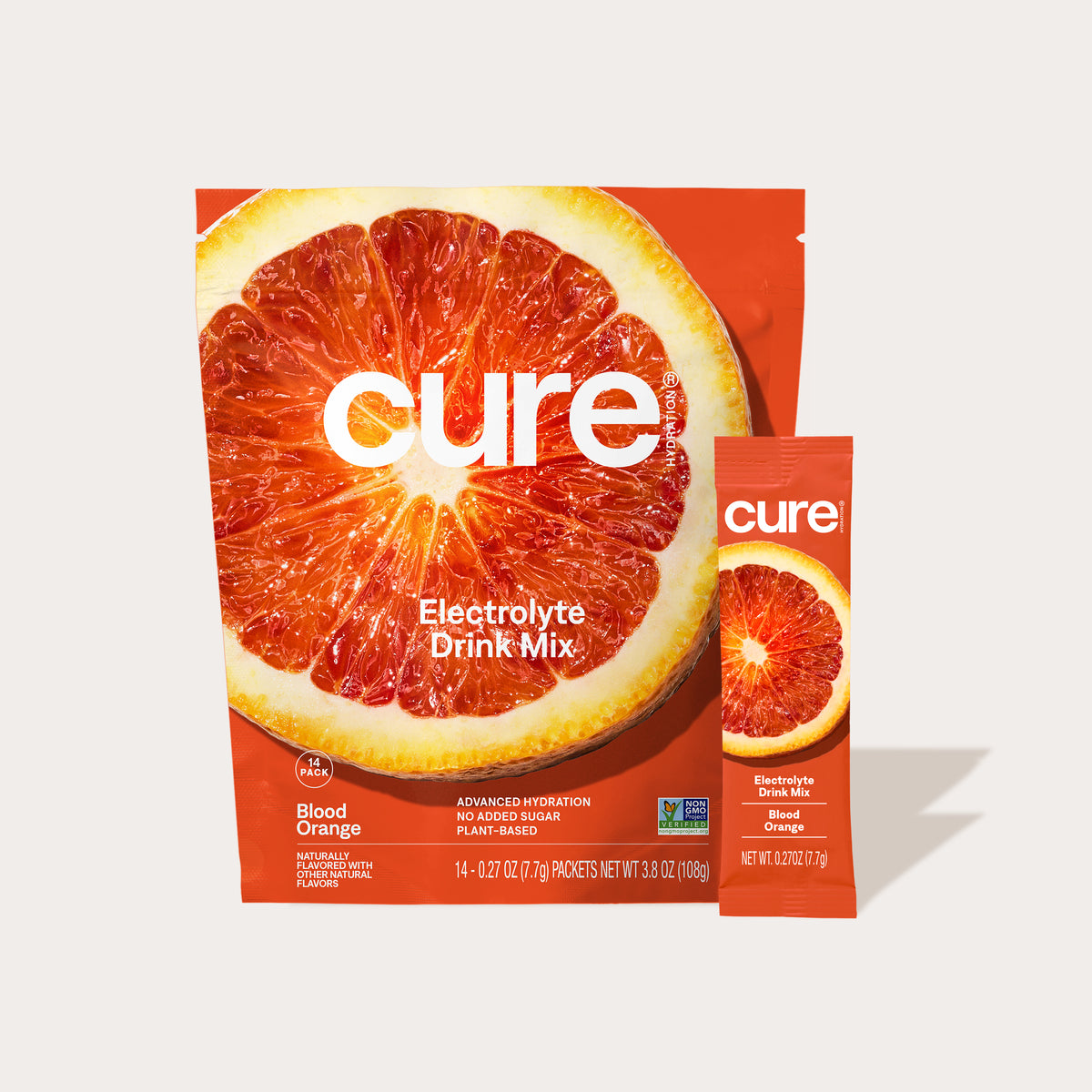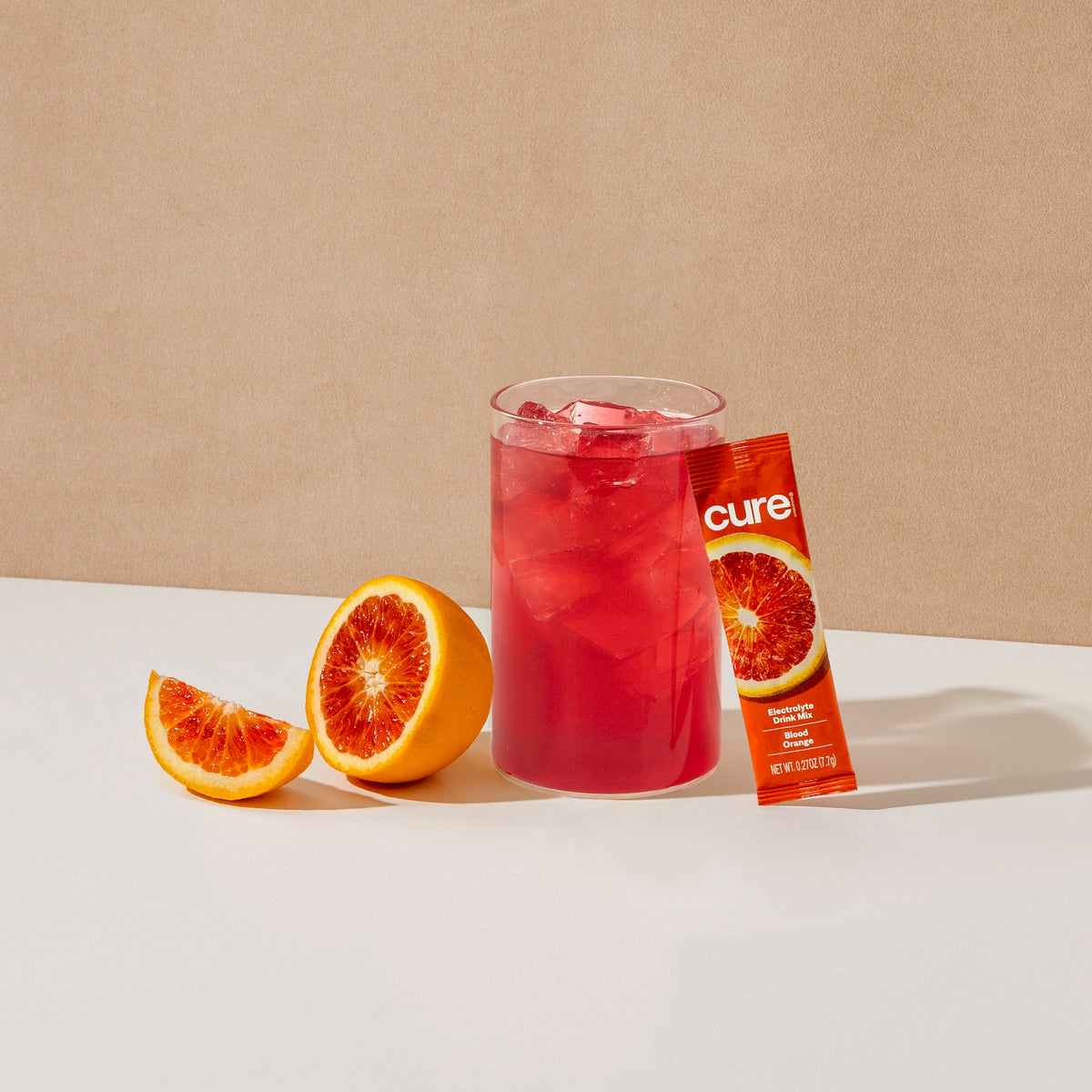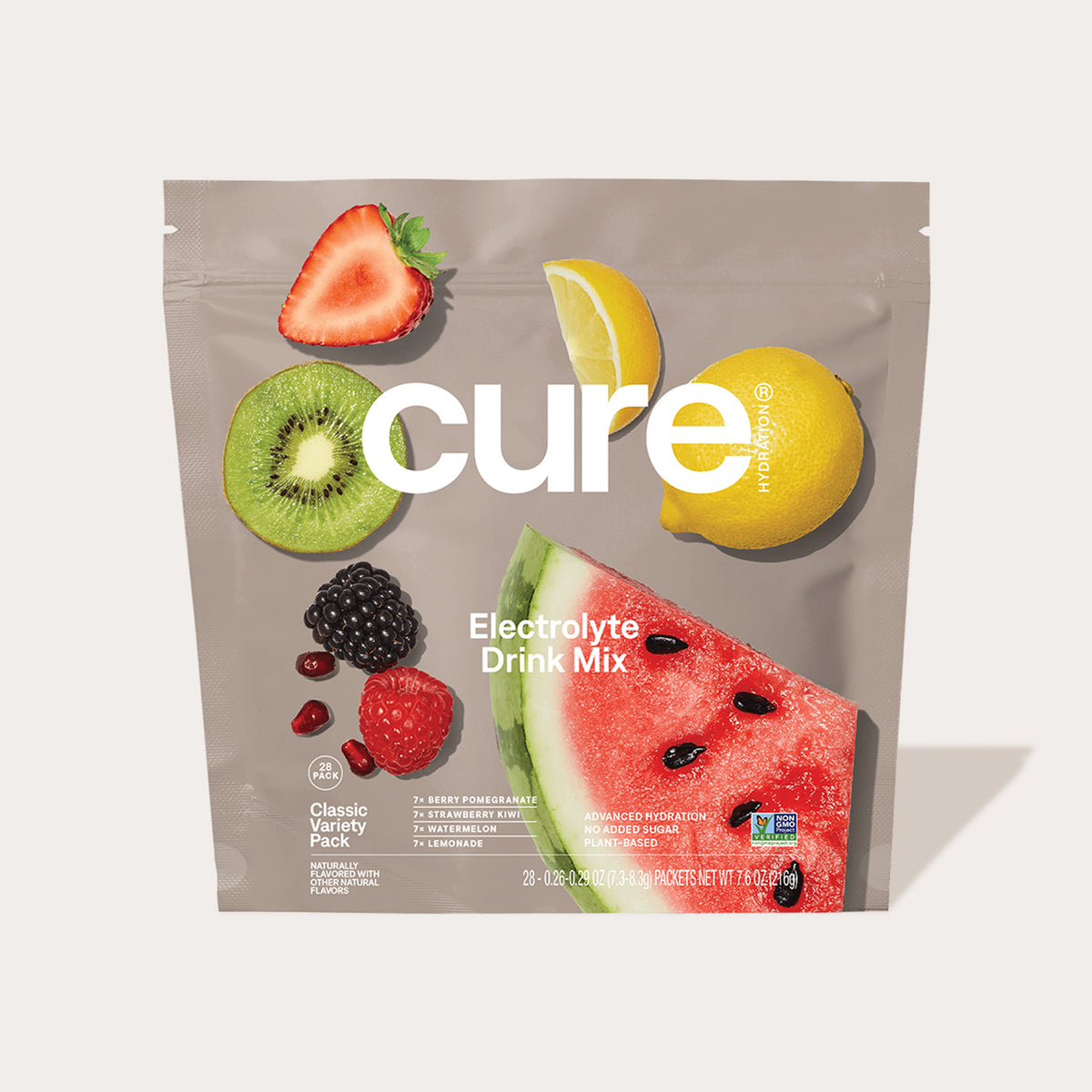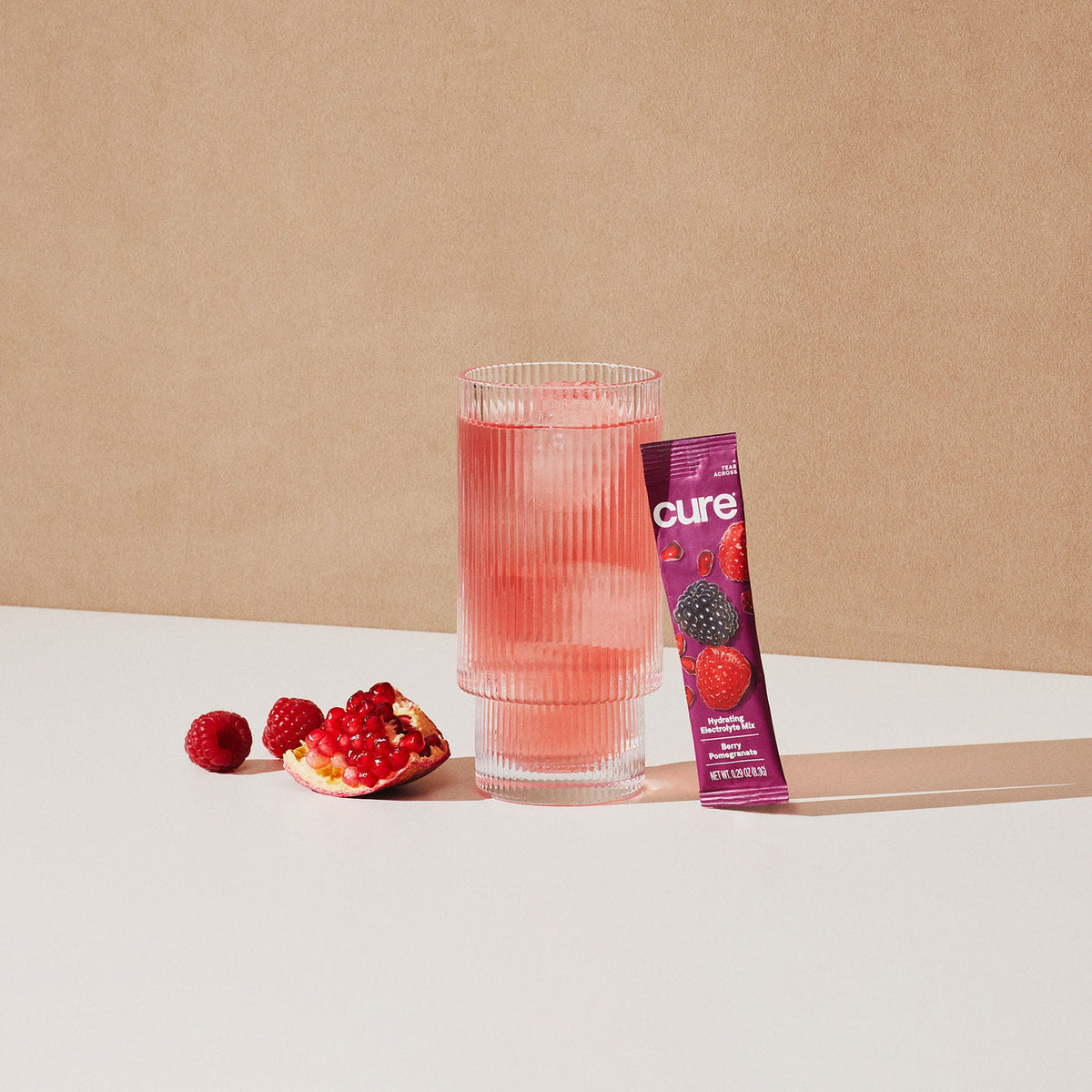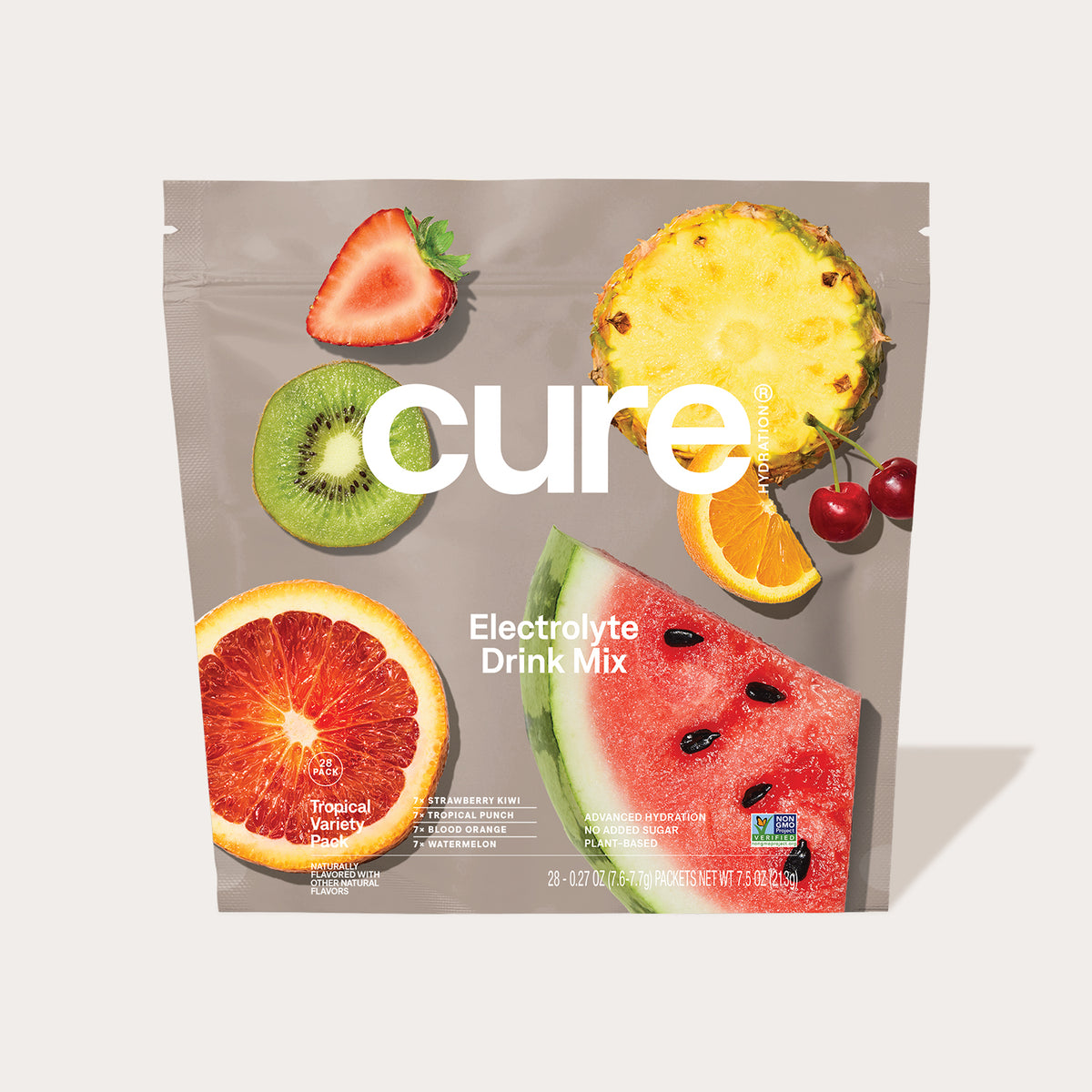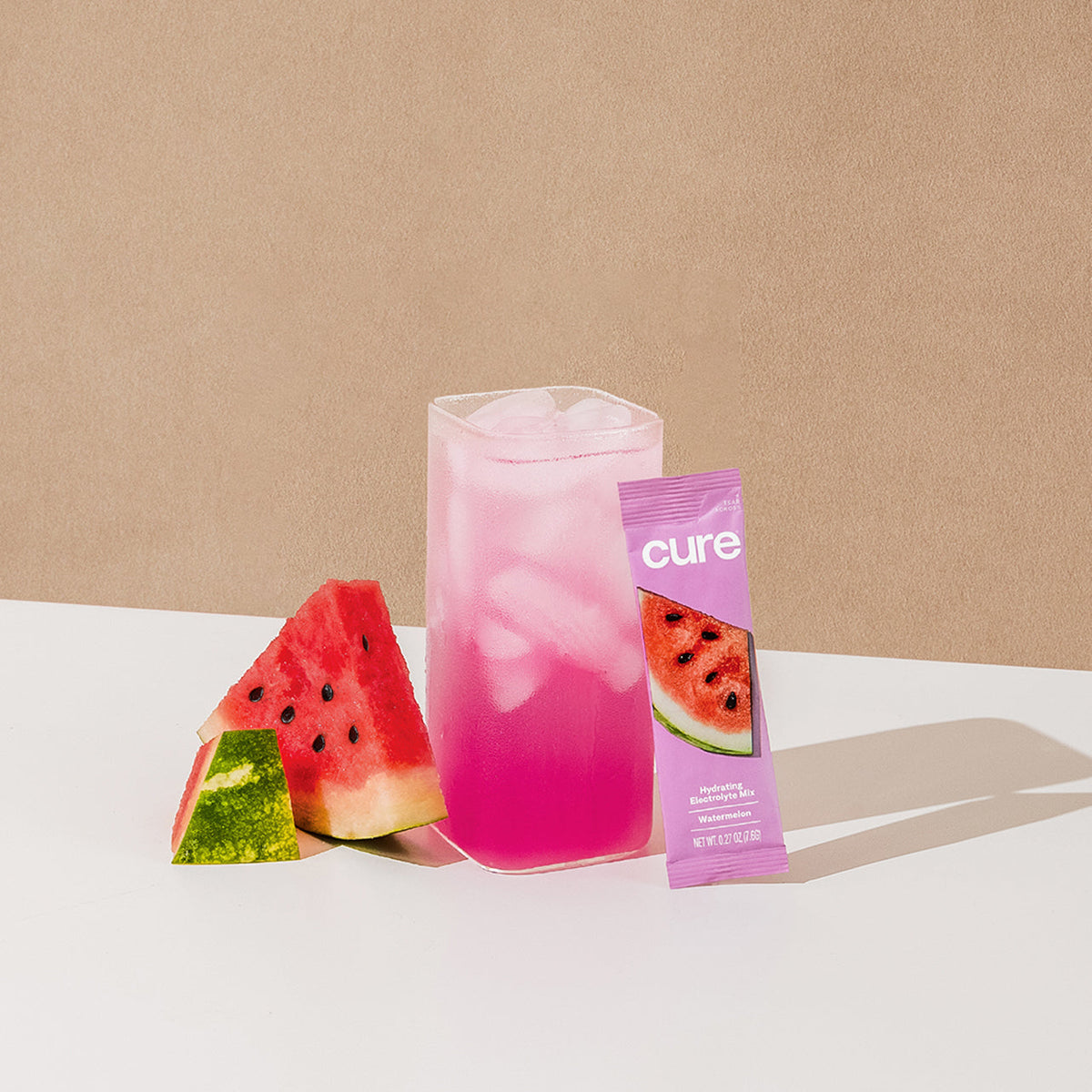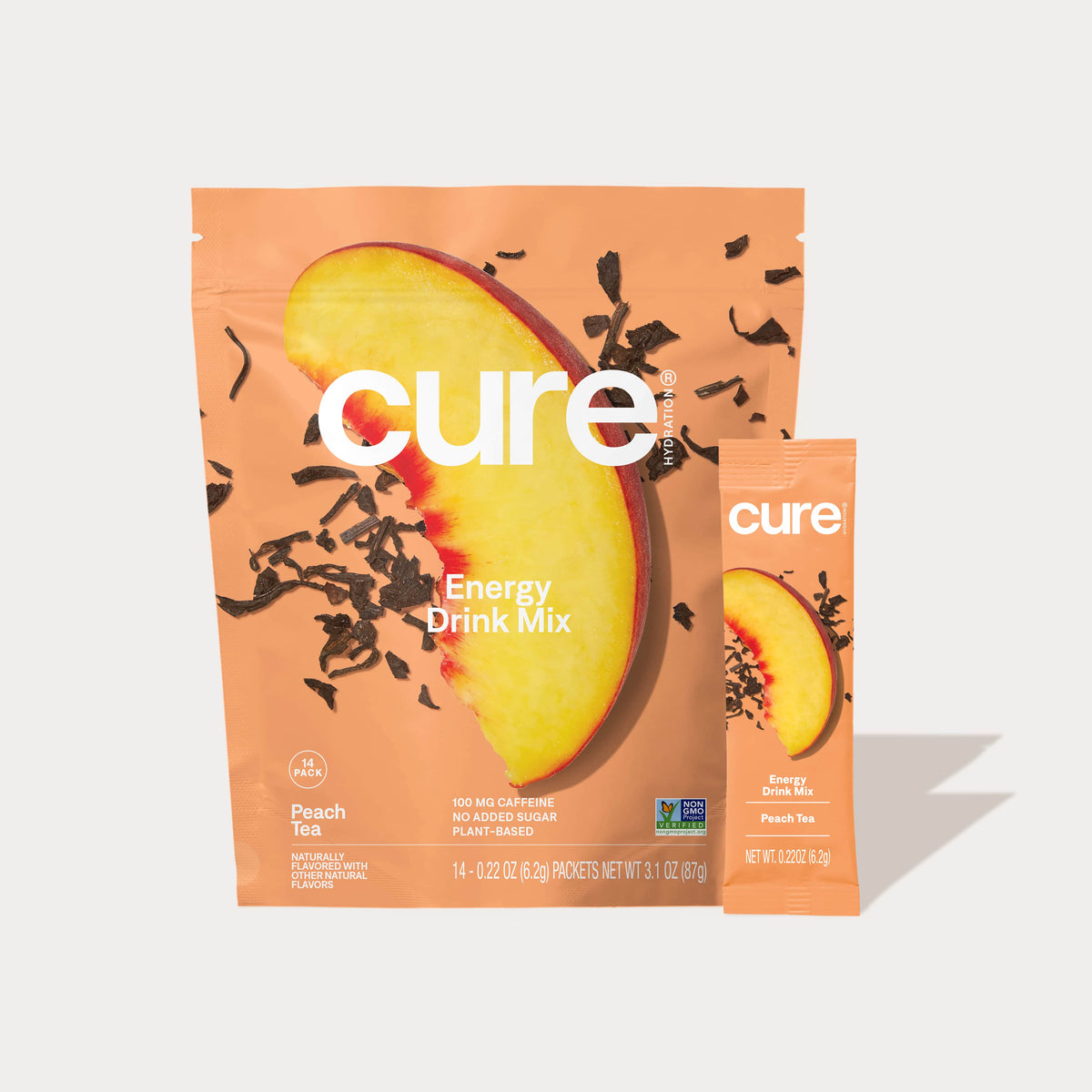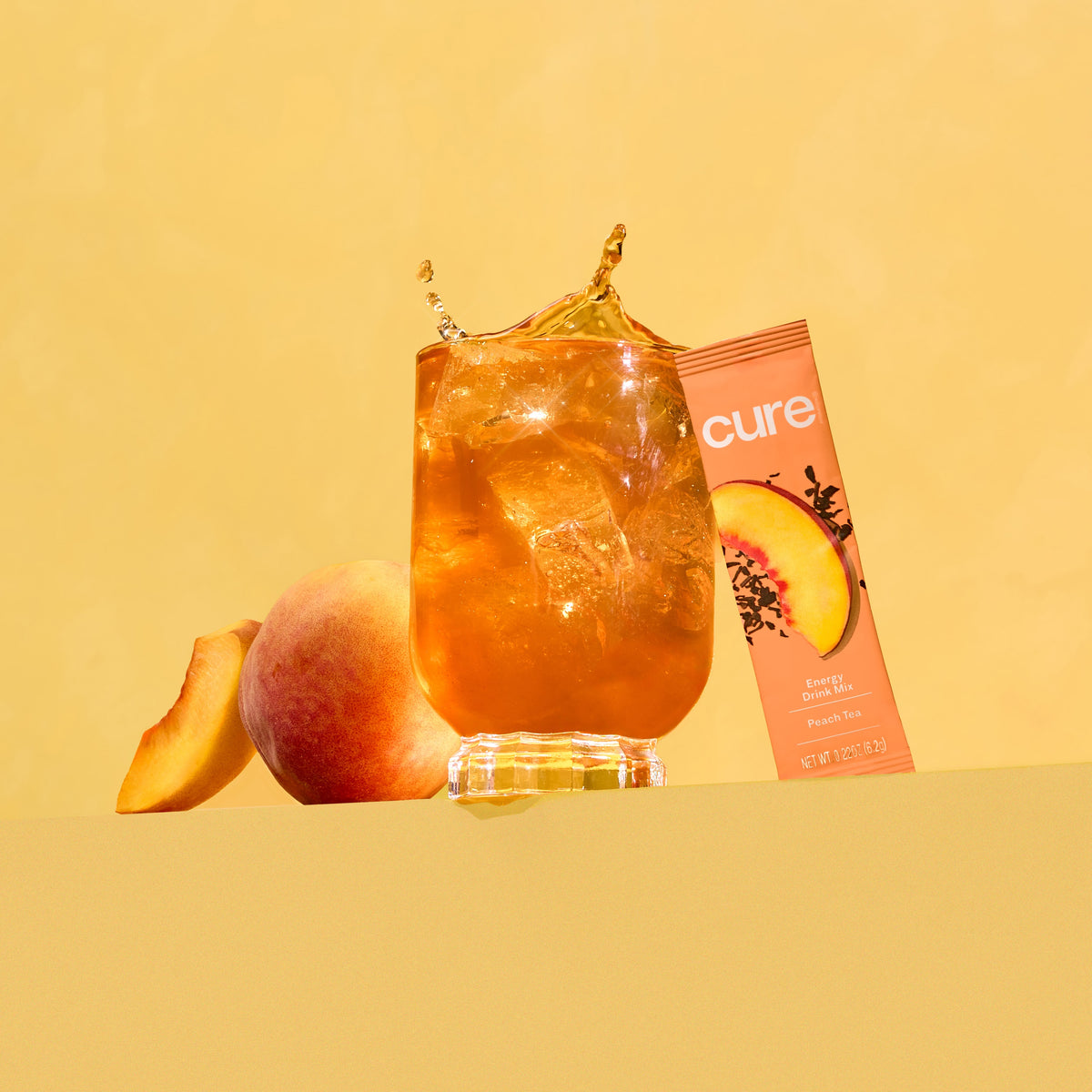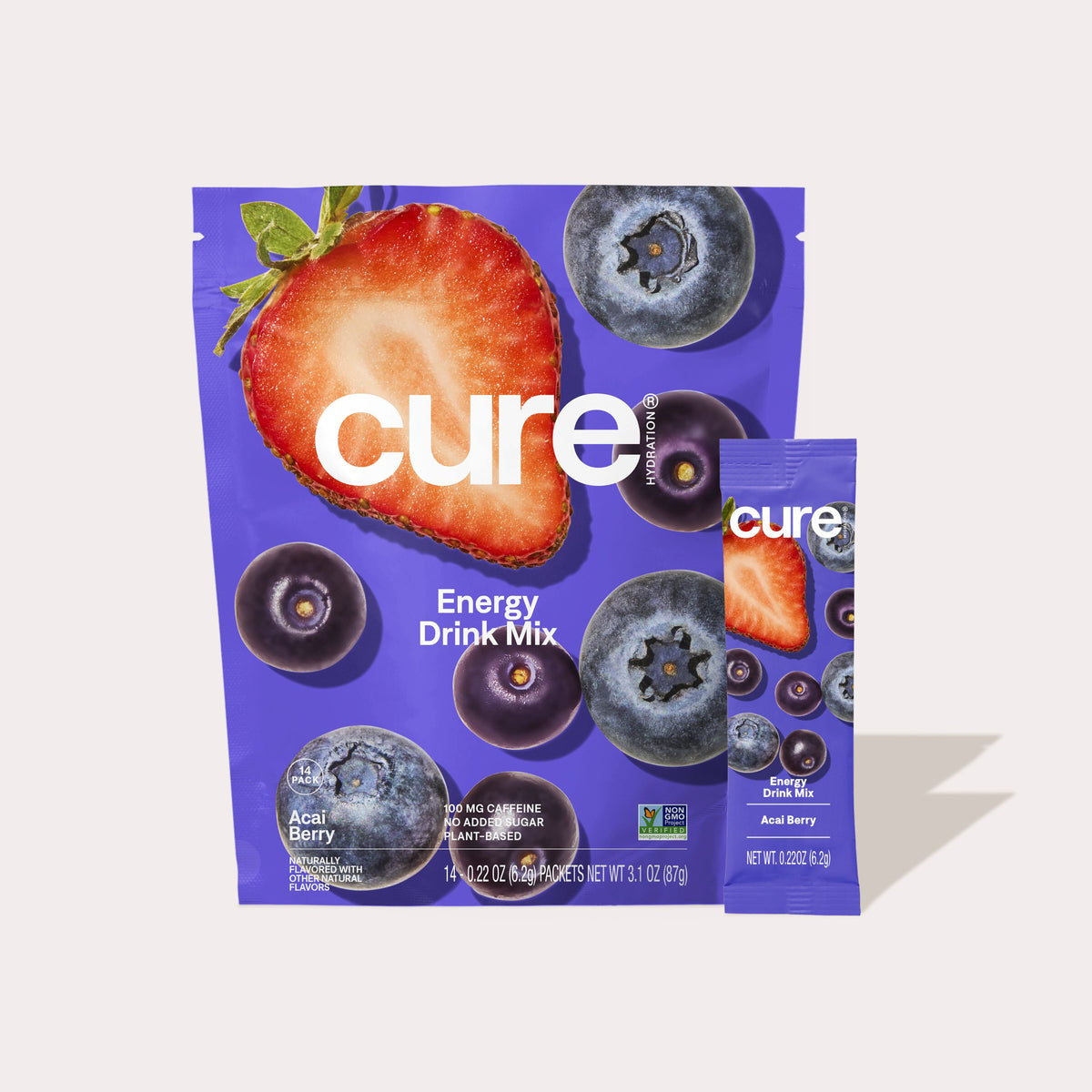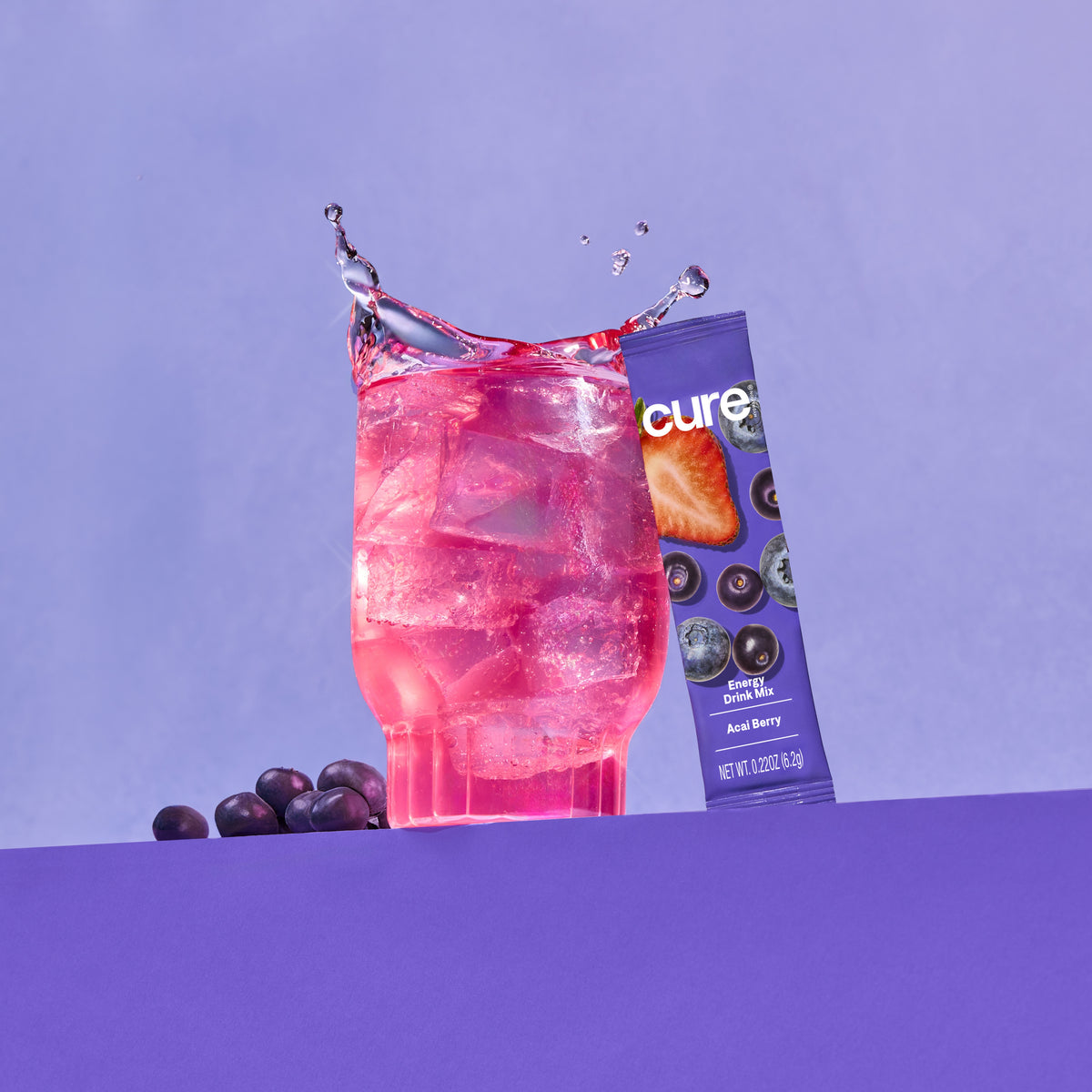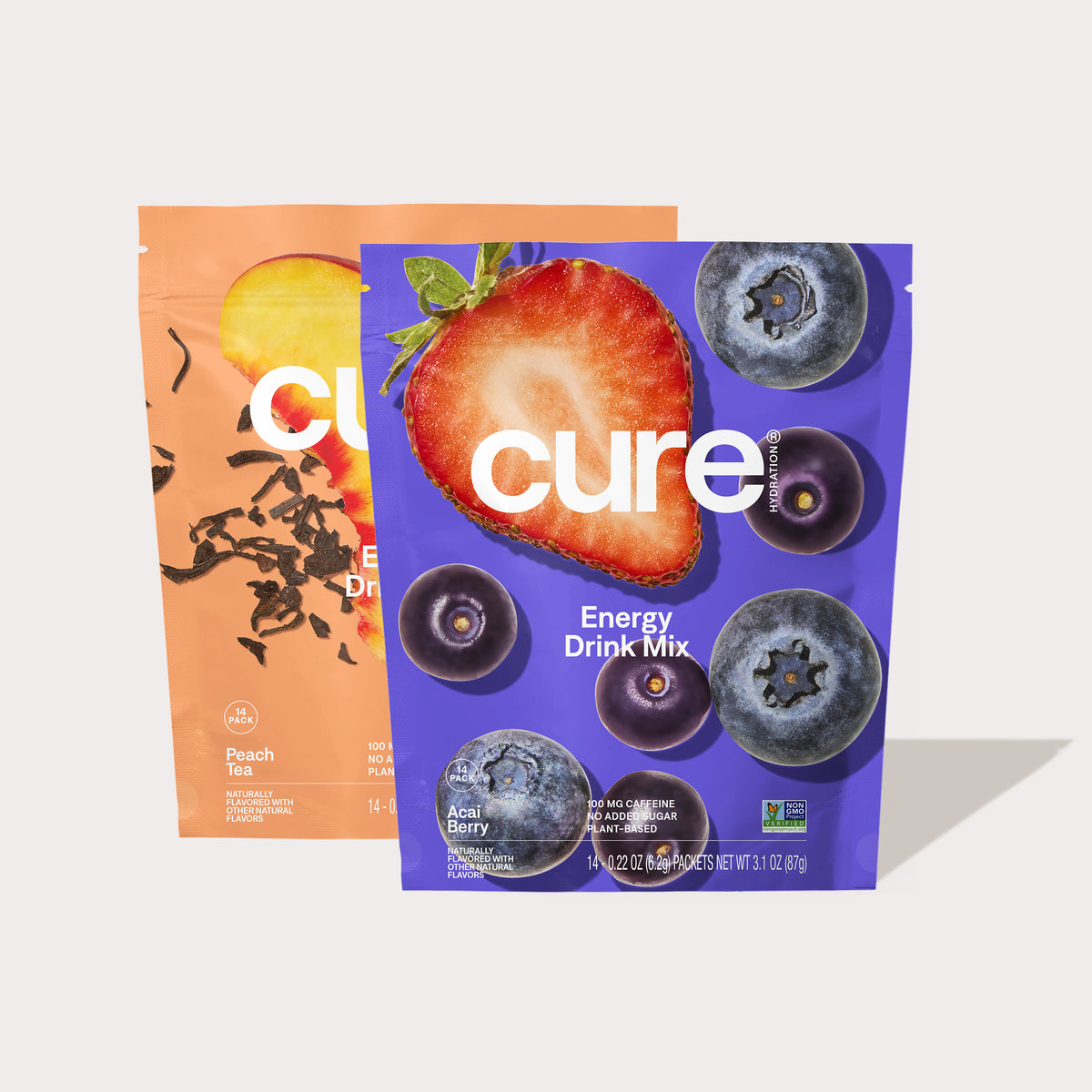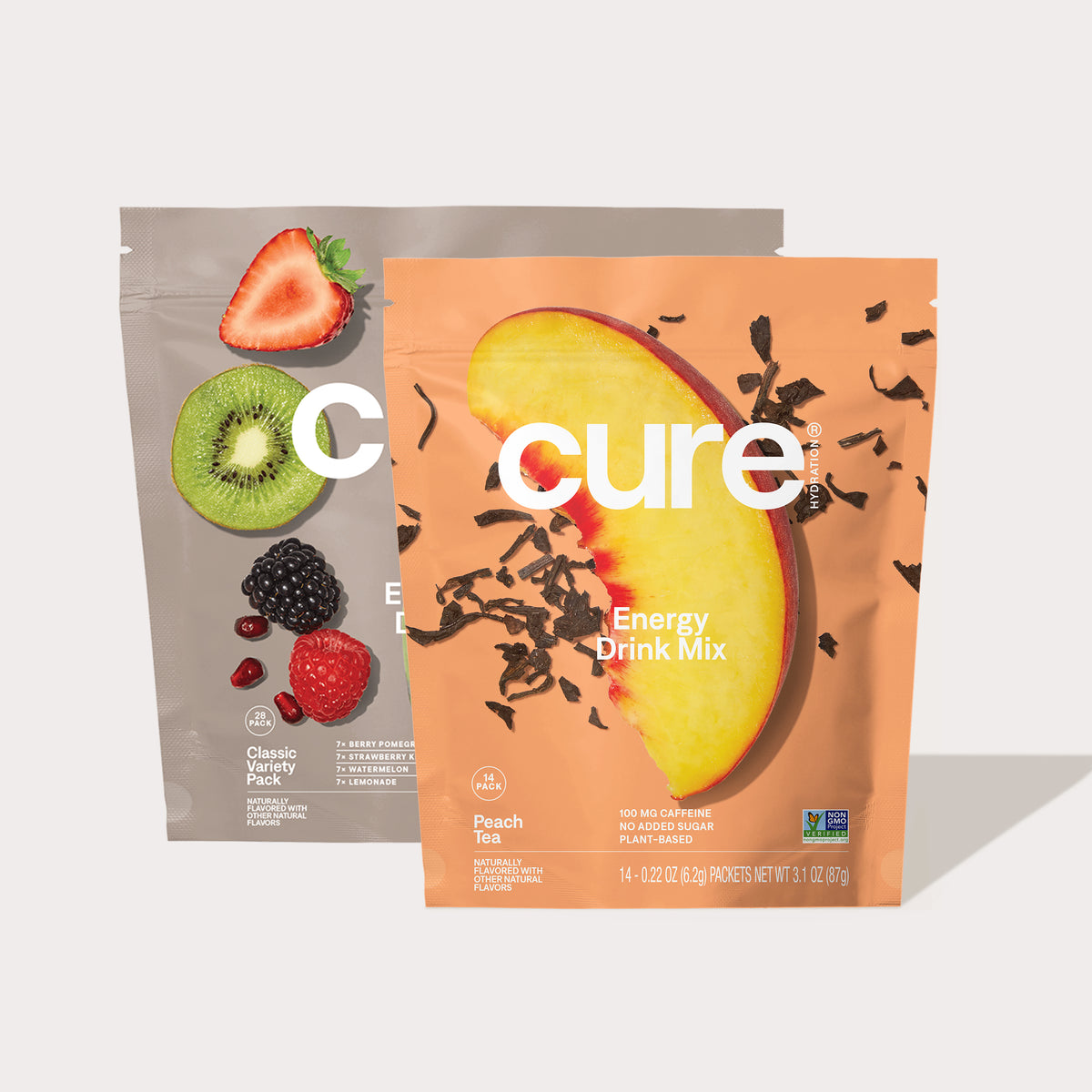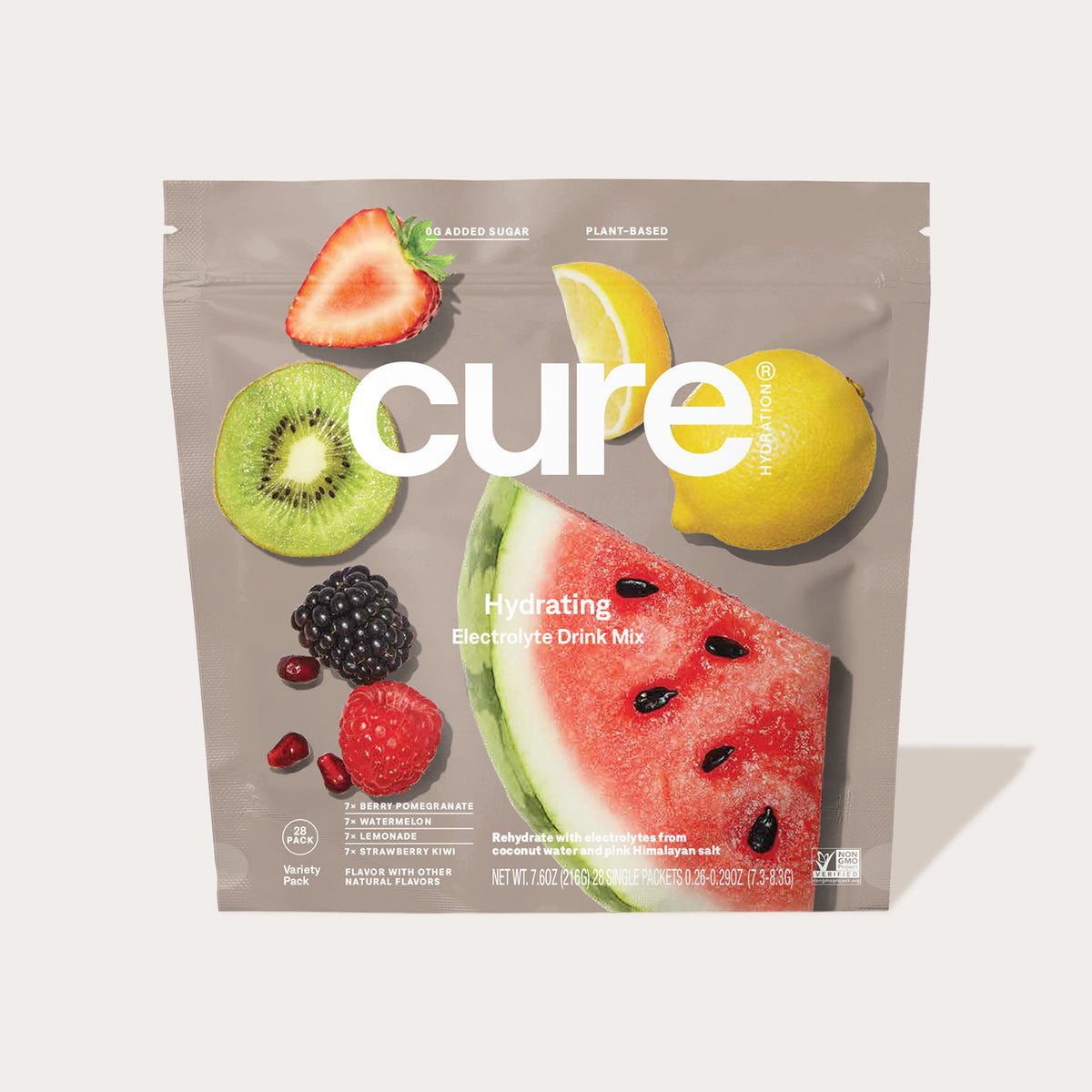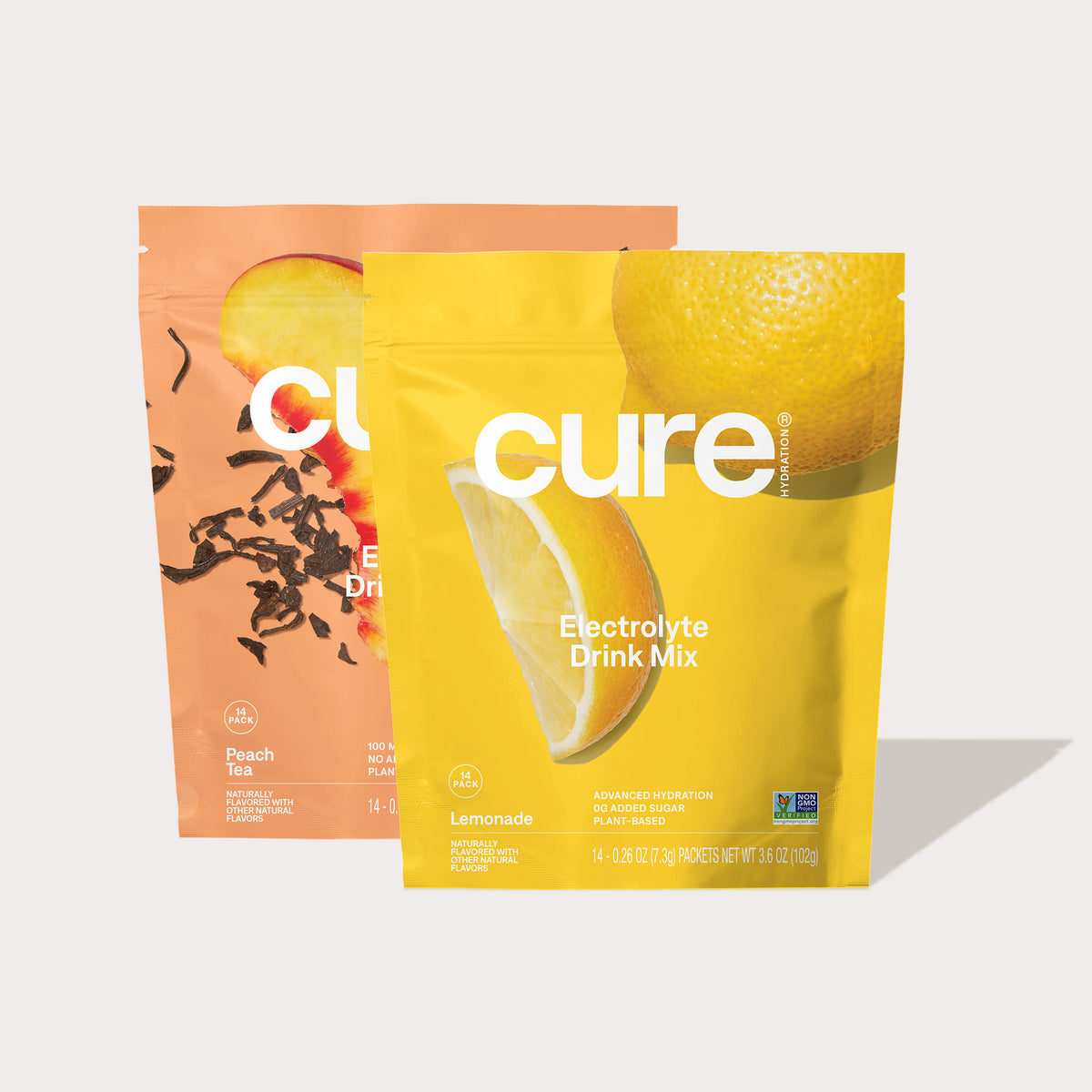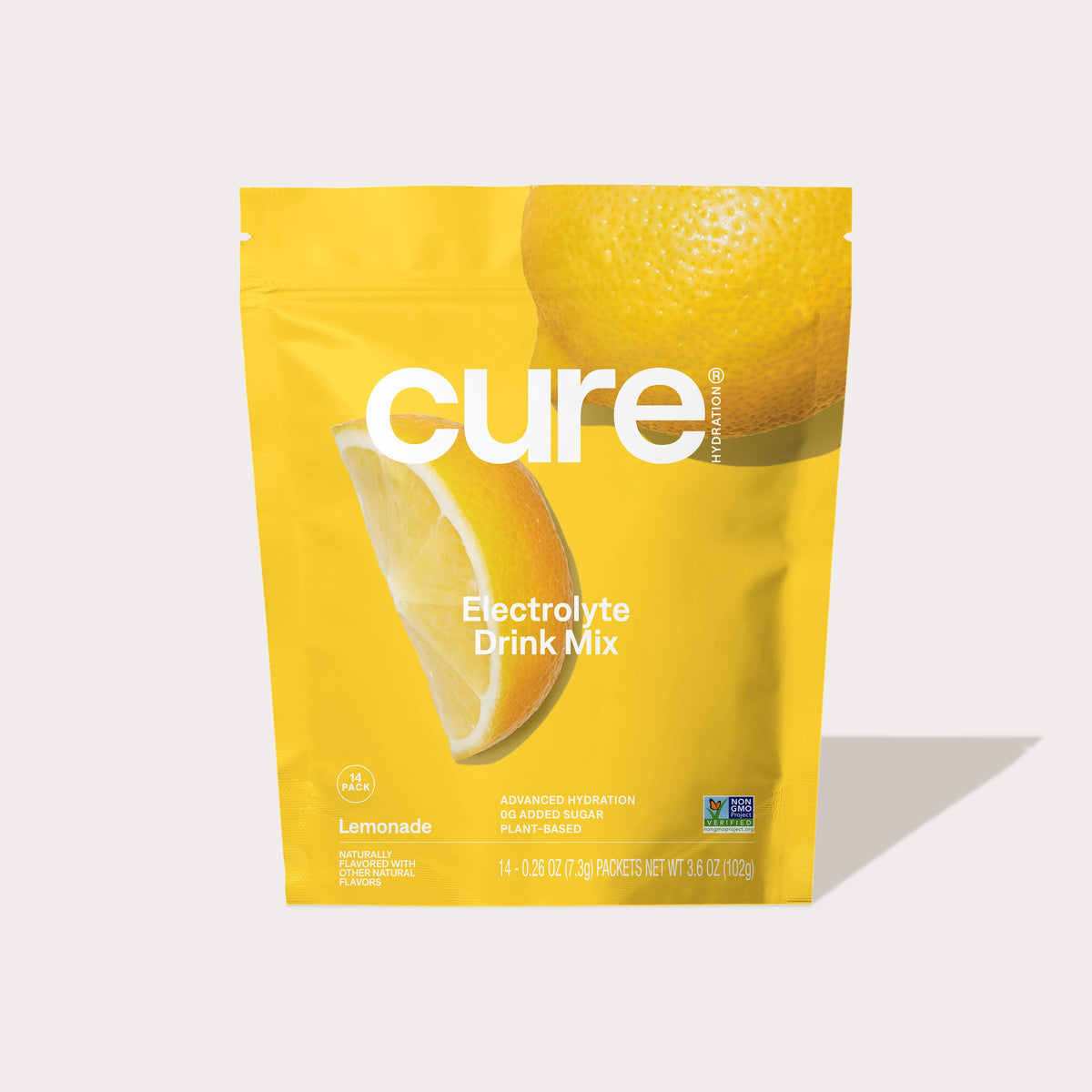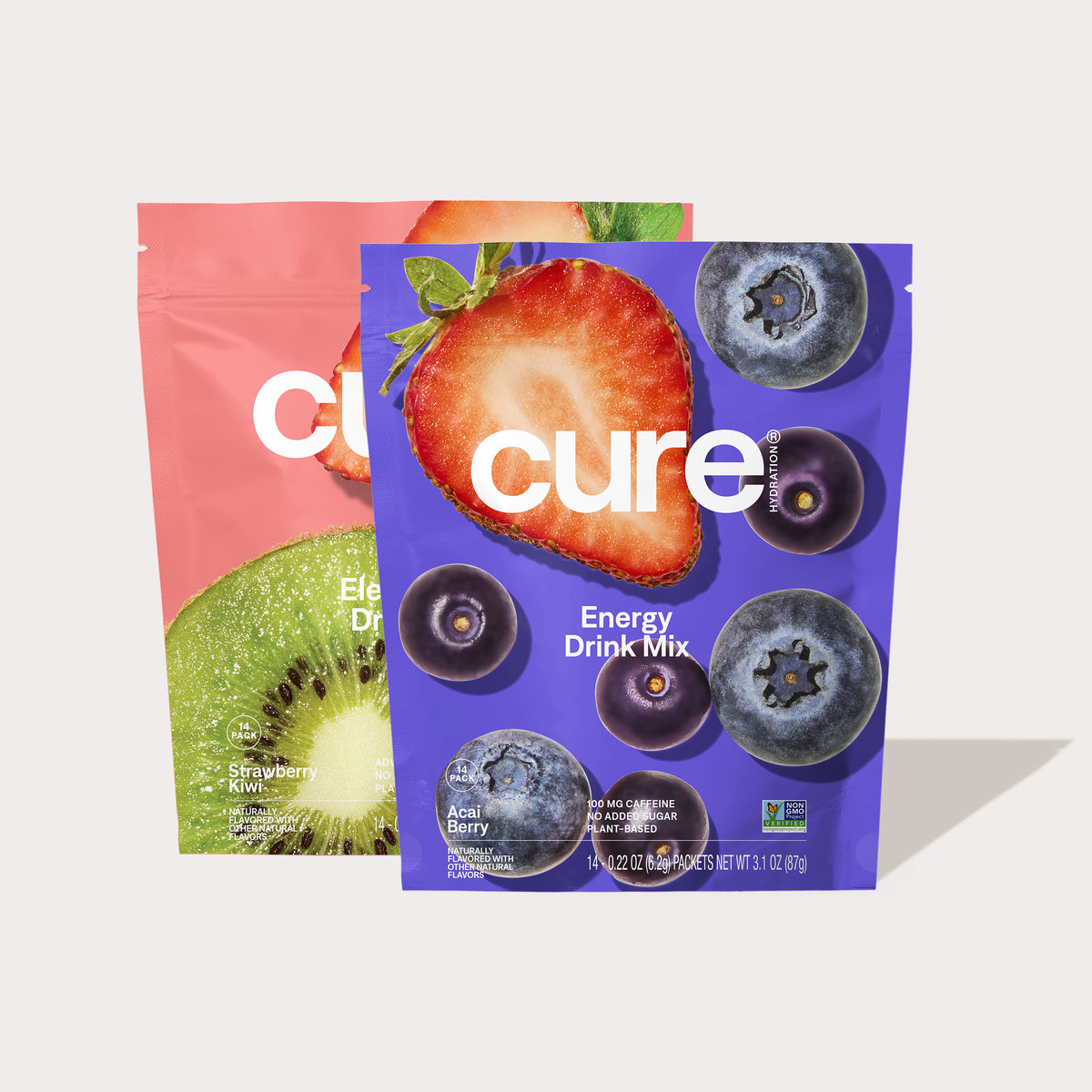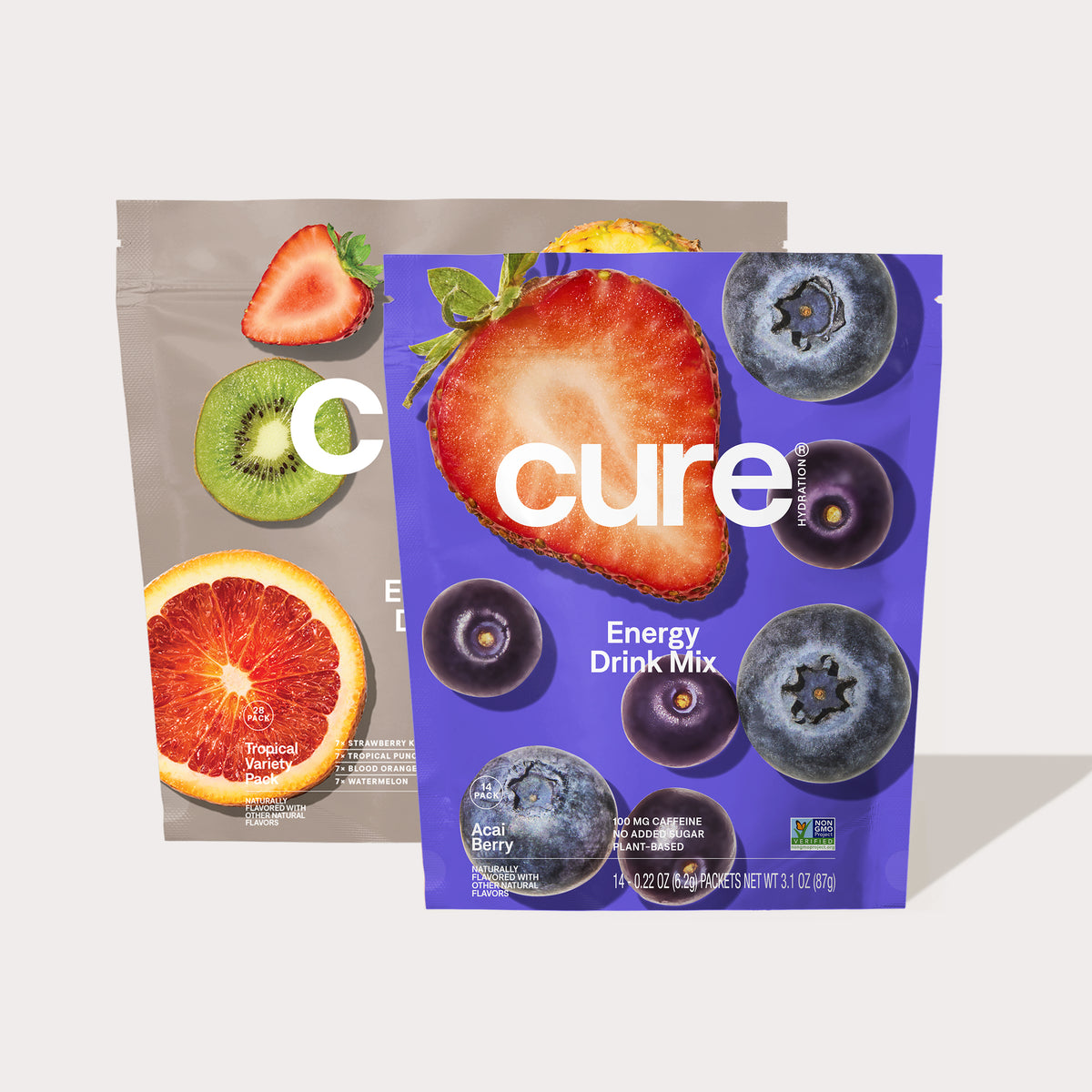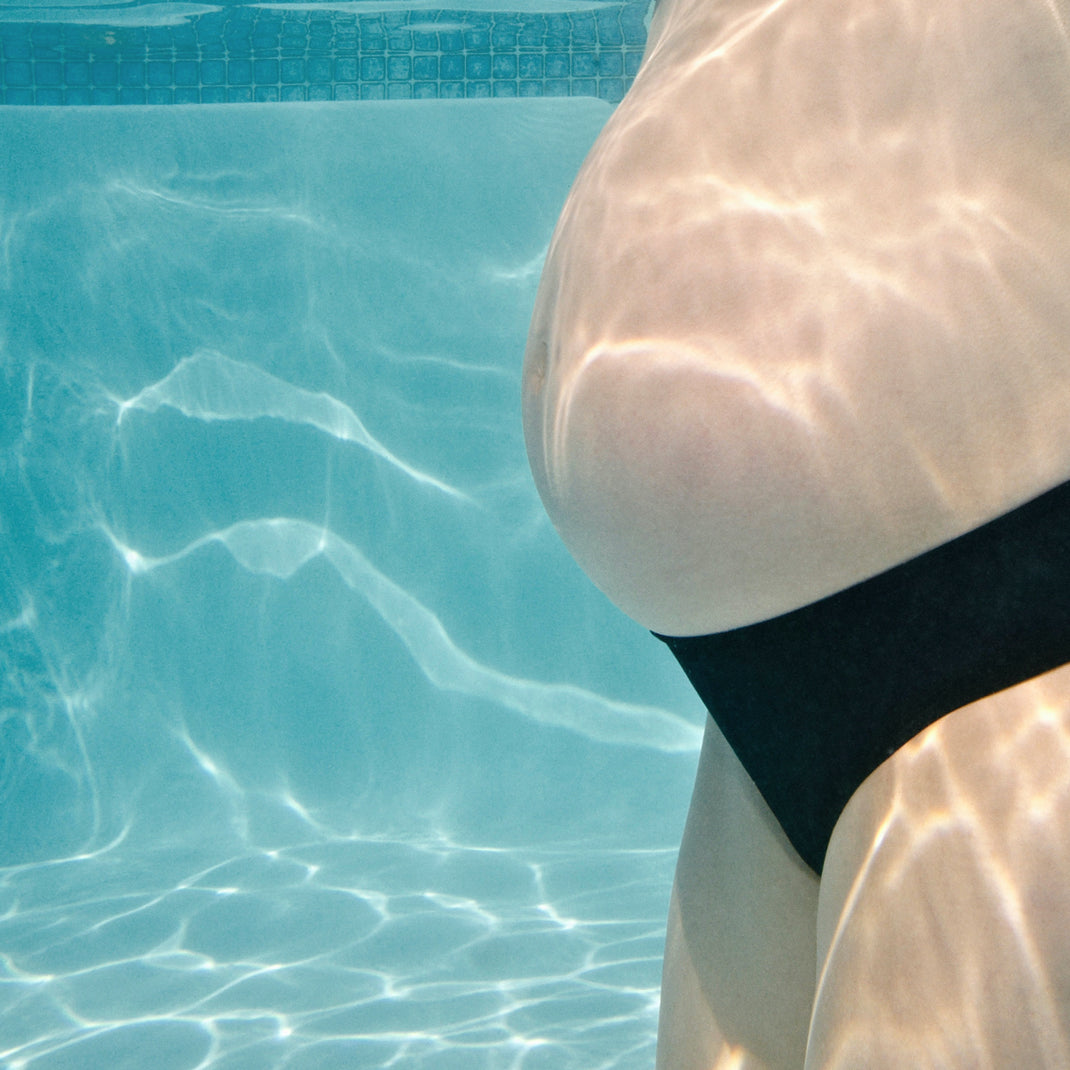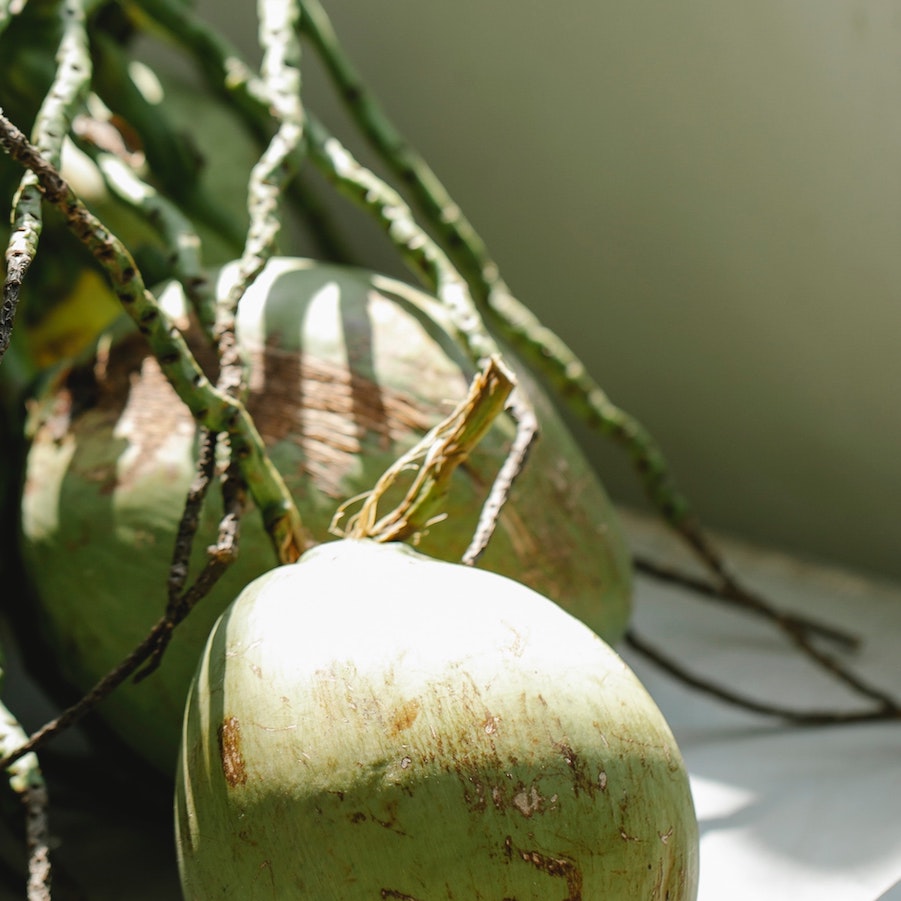In this article:
- What Can Cause High Blood Pressure?
- What Do the Numbers on the Blood Pressure Monitor Represent?
- Healthy Blood Pressure Levels
- How to Check Your Blood Pressure
- Complications of High Blood Pressure
- How to Improve Your Blood Pressure

High blood pressure, also known as hypertension, affects about 45 percent of adults in the U.S. alone. That’s nearly half of the entire country! Many things can cause high blood pressure, but one cause that many people don’t consider is dehydration.
That's right: dehydration can be one of several causes of high blood pressure and is often overlooked as a contributing factor. This is mainly due to the focus on food and exercise as the main influencers of blood pressure. While it’s important to be mindful of those, staying hydrated and making sure you get enough water is just as important as a balanced diet and exercise plan.
Let’s take a look at all of the things that can influence blood pressure before doing a deep dive into the influence of hydration.
What Can Cause High Blood Pressure?
Several factors can cause hypertension in adults. Some of these things can include:
- Aging
- Genetics
- Chronic stress
- Sleep issues
- Congenital problems
- Kidney problems
- Thyroid problems
- Certain medications
Another important factor to consider is dehydration. When you are dehydrated, your organs must work harder to deliver nutrients and other resources throughout the body. This includes your cardiovascular system. Without proper hydration, you’re more likely to have higher blood pressure.
It can also be thrown off by an electrolyte imbalance, which is also connected to hydration. Without the right amount of water and electrolytes, your body has to kick into overdrive to function properly. For example, if you have too much sodium or potassium, your body may have higher blood pressure. The same goes if you don’t have enough, either. So before you cut out salt or bananas from your diet, first ask yourself if you’re even properly hydrated.

What Do the Numbers on the Blood Pressure Monitor Represent?
When using your monitor or if you’re at the doctor’s office, you’ll normally see a number that looks something like 120/80 after it is done measuring your blood pressure. If you’re confused as to what it means, it’s easy to break down! The first number is called systolic pressure, which tells you the pressure applied to your arteries as your heart muscles contract. The second number is called diastolic pressure, which tells you the pressure of your heart in between beats.
These numbers are essential to understanding what your blood pressure levels look like.
Healthy Blood Pressure Levels
Normal blood pressure levels shouldn't be any higher than a systolic number of 120 and a diastolic number of 80. It should not be any lower than a systolic number of 90 and a diastolic number of 60.
There may be several reasons why your blood pressure is too low. Many people simply have a lower blood pressure than others. But always get any abnormal numbers checked by a medical professional.
There are also different levels of blood pressure with different severities:
- Normal: Typically equal to or below 120/80
- Elevated: Typically between 121-129/80
- Hypertension Stage 1: Anything equal to or greater than 130/80
- Hypertension Stage 2: Anything equal to or slightly below 140/90
- Hypertensive Crisis: Anything greater than 140/90
If you notice that your blood pressure is elevated, it’s time to go see your physician get their opinion on what could be causing it. Also, consider your family’s medical history. Is it typical for someone in your immediate family to have blood pressure problems? Are there other conditions that run in your family that have high blood pressure as a symptom?
If your blood pressure is beyond Hypertension Stage 2, don’t wait for a regular checkup to get it checked out. Especially when paired with other concerning symptoms such as lightheadedness, confusion, or pain on one side of the body, it’s best to call emergency services right at that moment.
How to Check Your Blood Pressure
Many people invest in a smartwatch or other device that consistently monitors their heart rate, blood pressure, and even blood oxygen levels. But if you don’t want to get too technical, a simple device for monitoring blood pressure can be purchased for home use. Then, make sure to follow these instructions for the most accurate results:
- Sit in a stable chair (not a sofa or other soft surface) and maintain good posture.
- Place your arm on a flat surface to keep it steady and still as you take your blood pressure. Make sure to follow the instructions given with the device for optimal results.
- Do this several times a day for several days at the same time. Write down the numbers shown as a record, including the date and time. This way, you have an accurate reading of what your typical blood pressure levels look like.
Complications of High Blood Pressure
People can experience several complications as a result of having long-term hypertension, ranging from mild to severe. Some of these include:
- Weakened blood vessels
- Memory loss
- Popped vessels in your eyes
- Heart attack or stroke
- Aneurysms
Don’t panic: all of these tend to happen after long-term damage has occurred. That means if you struggle with high blood pressure, there is still time to improve it to prevent complications.

Signs and Causes of Dehydration
In addition to complications with high blood pressure, if you are experiencing dehydration; here are some signs and causes to look out for:
- High fever
- Dry Mouth
- Muscle cramps
- Kidney stones
- High concentrations of vasopressin in urine
- Fatigue or dizziness
- Overall body weakness
- Kidney failure (in severe dehydration cases)
- Absence of tears when crying
- Diarrhea
- Sweating
- Vomiting
Some other factors that can cause you to be dehydrated include:
- Caffeine
- Hot Climate
- Sodas
- Sugary beverages
- Drinking Alcohol, Exercise, Travel
If you are experiencing any of the above signs or symptoms, make sure you are getting enough fluids, as some of the causes can decrease the amount of fluids your body needs to stay hydrated. It's always a good idea to visit a healthcare provider if you suspect you have an illness, especially if you are experiencing a handful of symptoms that could be life-threatening if left untreated.
Are Pulse and Blood Pressure the Same Thing?
Nope! Pulse measures your heart rate, while blood pressure measures how forcefully your blood moves through your veins. With pulse, you can even measure it without any kind of monitor or another tool. Pulse is also dependent on your blood pressure. When you exercise, your pulse is supposed to go up. Depending on how often you exercise, it may take a bit for your pulse to return to normal after your workout.
How to Improve Your Blood Pressure
The first thing you may jump to is more exercise and a healthier diet. But if you’ve already been pretty good about both of those things, it can be frustrating to try and figure out what to do. There are medications for blood pressure, but before diving into a new prescription, try adding more hydration into your daily routine.
“Hydration is the first step we must take to treat and prevent chronic disease," says Dr. Dana Cohen, a general medicine doctor who is certified by the American Board of Internal Medicine. “Low grade or subclinical dehydration, which affects so many of us, is linked to obesity, diabetes, Alzheimer’s, colon and kidney cancers."
Nutrition expert Brooke Alpert, M.S., R.D., C.D.N., also stresses the importance of hydration to a truly inclusive diet.
"Most people jump to thinking about food when I ask them what's the most important part of a healthy diet. And while food is certainly a big component, the ultimate foundation for a healthy diet and lifestyle is proper hydration."
That’s supposed to be pretty easy, right? Well, not always. Even the best water drinkers could still be hydrated if they aren’t getting enough electrolytes and nutrients.
It can be even harder if you are on certain medications or have certain medical conditions that make staying hydrated more difficult for you.
No matter the reason, don't fret! Help is just a sip away.
What if Hydration is Hard for Me?
We hear it all of the time: make sure you drink eight cups of water a day. While this recommendation is proving to be incorrect for many as it depends on your overall health and lifestyle, plenty of people can still get the recommended amount of water and still feel thirsty.
Maybe, your demanding schedule has been getting in the way of proper hydration. How often have we all gotten so focused on a project or task and wonder, Have I had any water today?
Cure was made for anyone with hydration needs, which is everyone! We designed our products with the simplest, plant-based ingredients to keep you at your best and respect the planet while doing it.
How Cure Does Things Differently
Cure exists because we know what you need, whether you’re an Olympic-level athlete or someone who simply likes to maintain their health. That’s because we’ve been there. We know what it’s like to do everything right but still be dehydrated. After all, 75 percent of us are dehydrated. That means even if you’re a faithful water drinker, your body could still be crying out for better hydration. Ever felt unusually tired after a workout, even after replenishing fluids? Sometimes water alone just doesn’t cut it. Cure is here is to make sure you get enough fluids to help keep dehydration at bay.
If that’s relatable, then it’s time to reinvent the way you see hydration. Best of all, we’ve already done the work. All you need to do is just add water!
Sources:
Facts About Hypertension | cdc.gov

